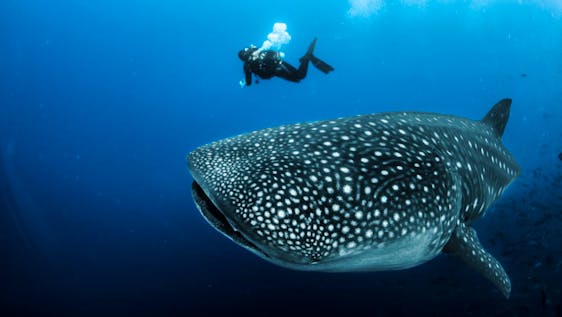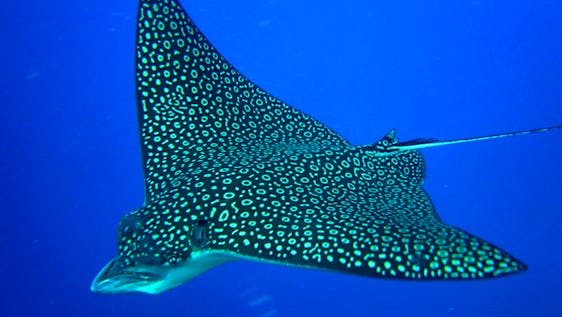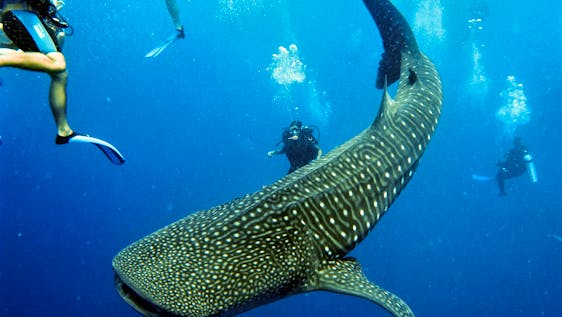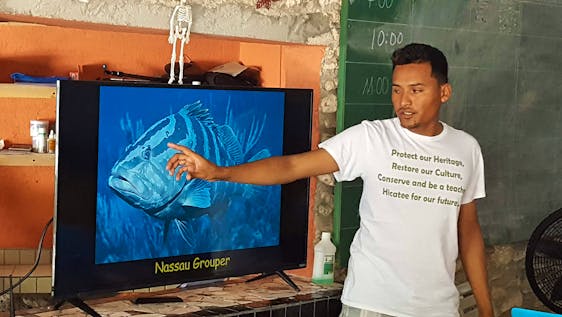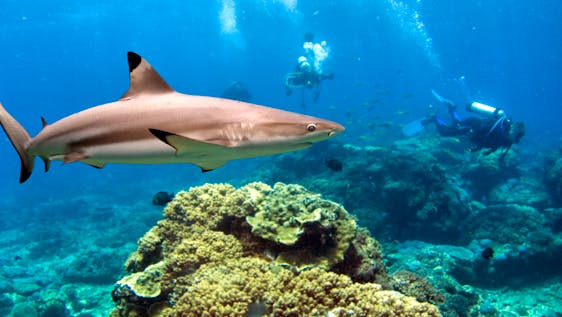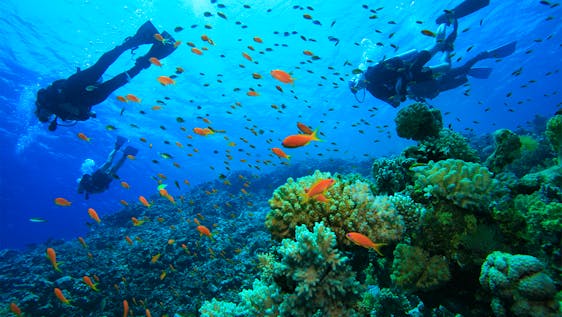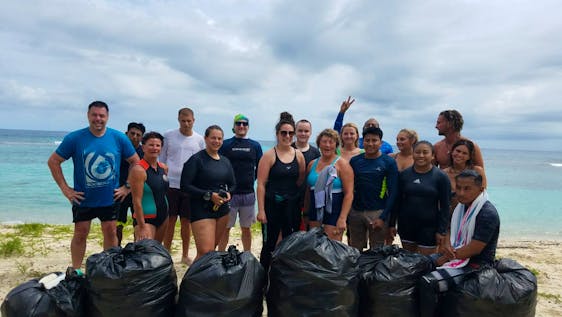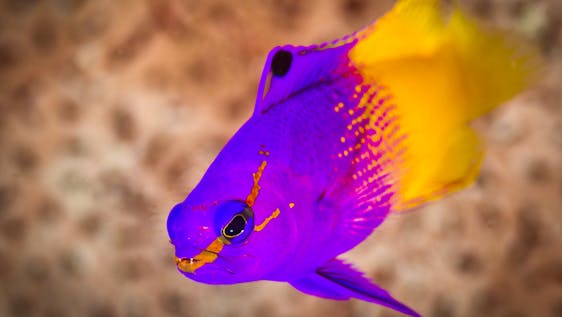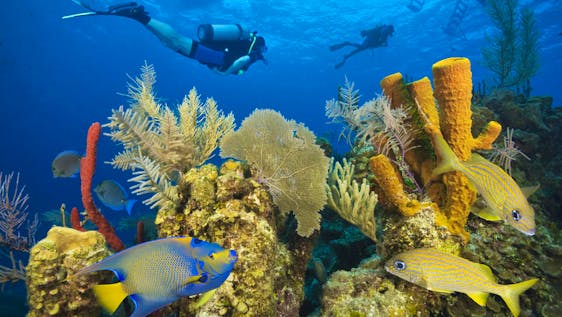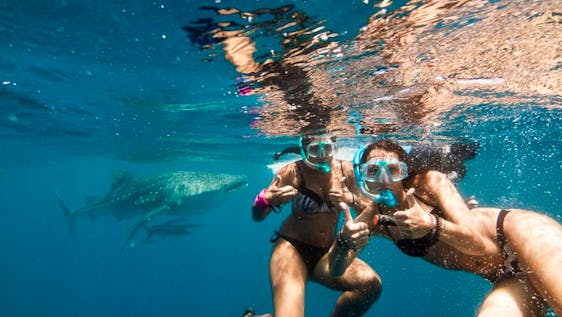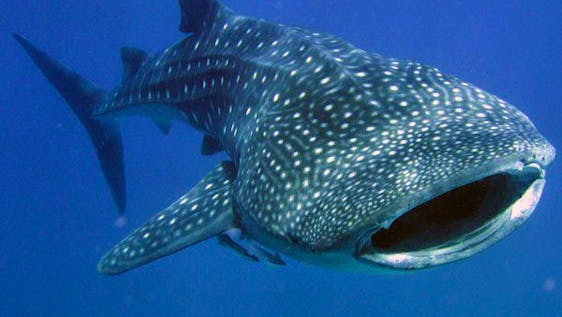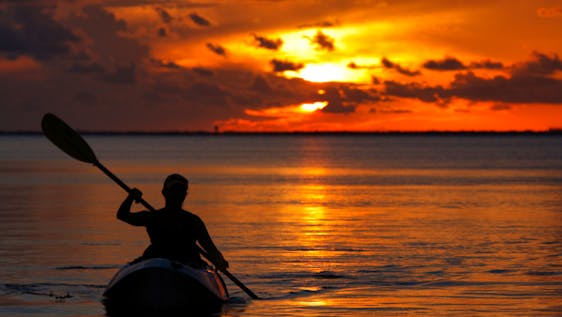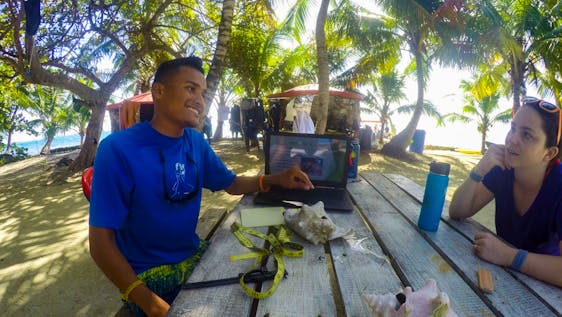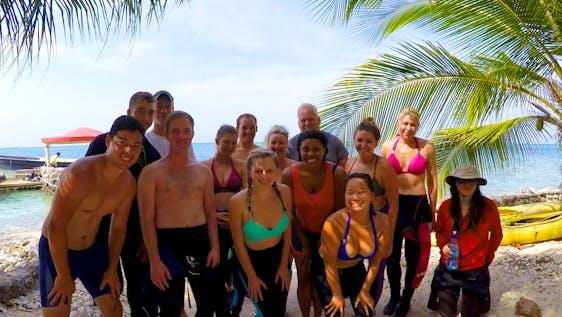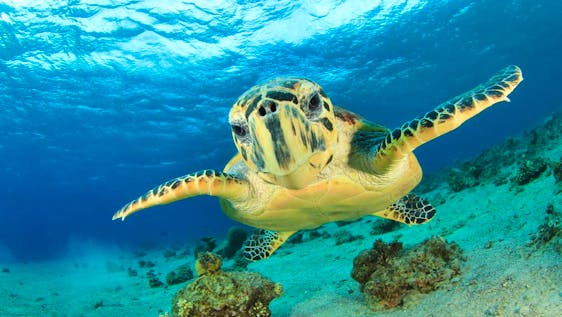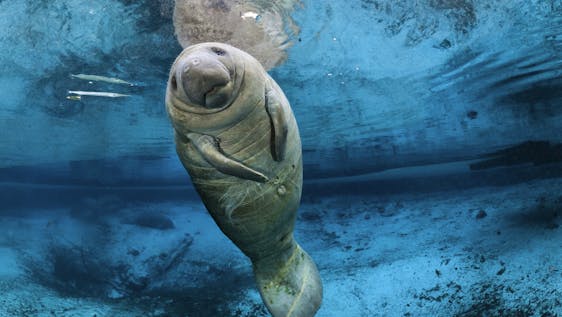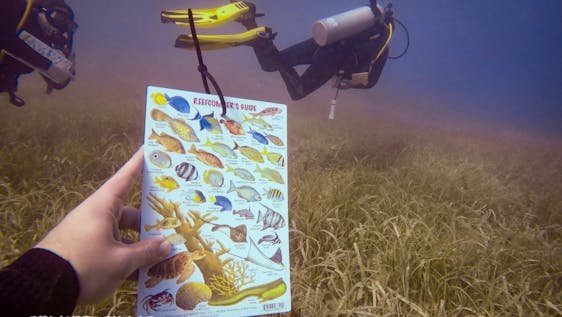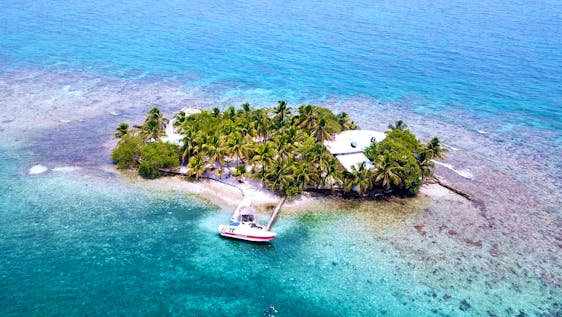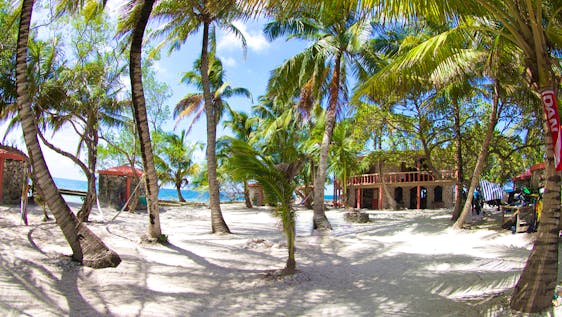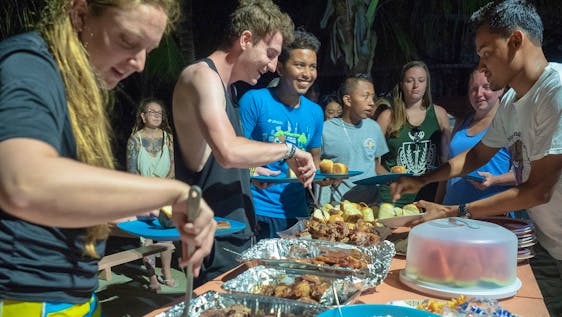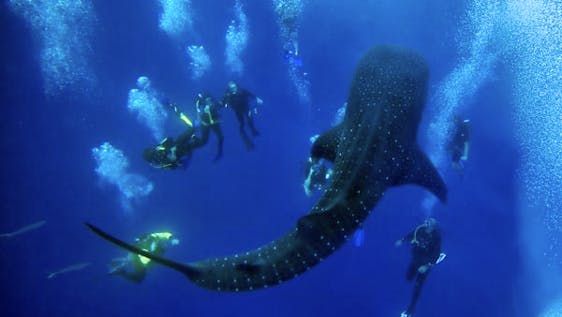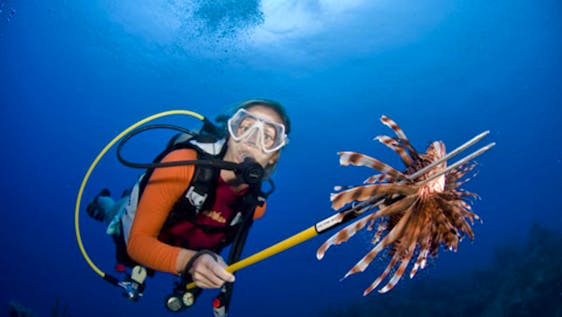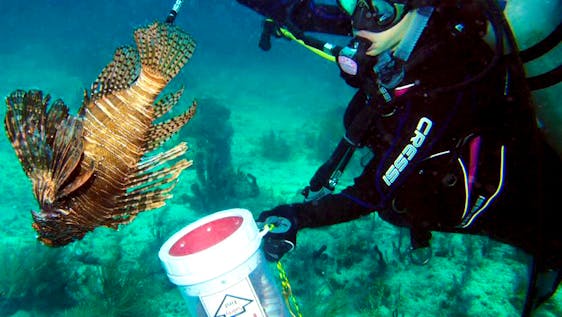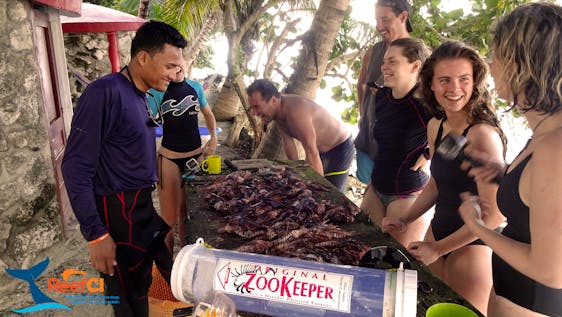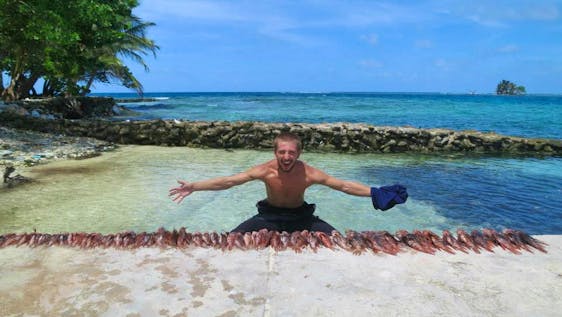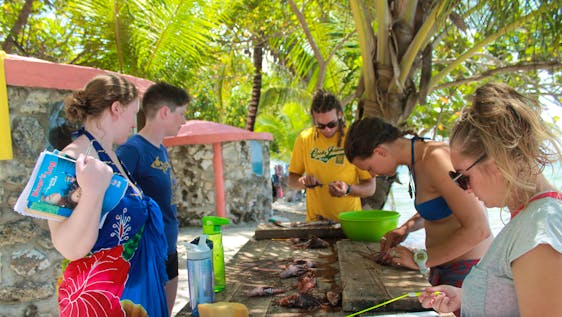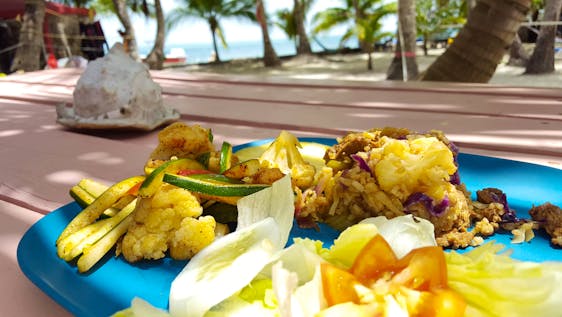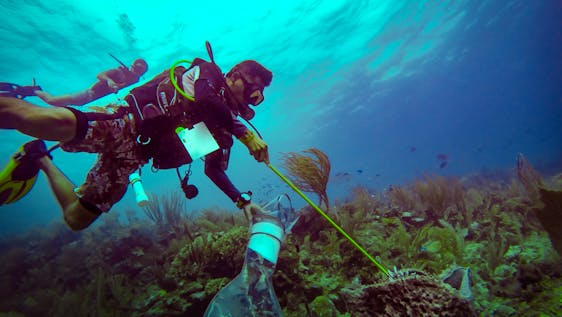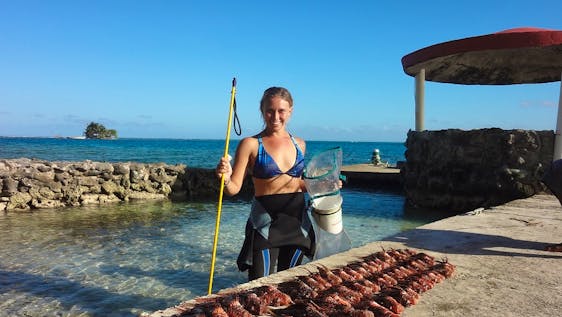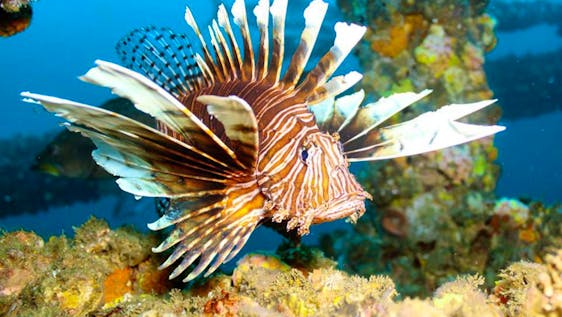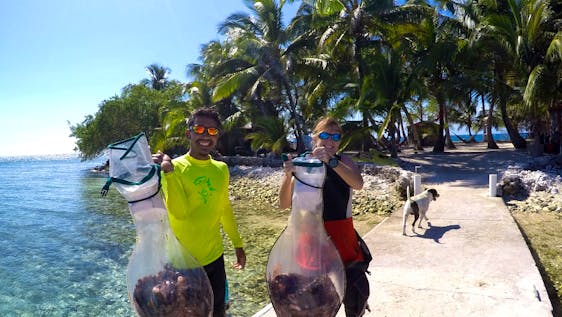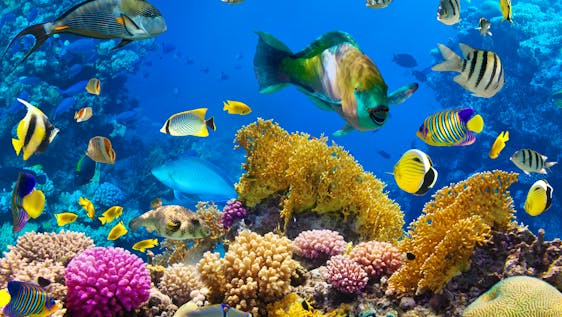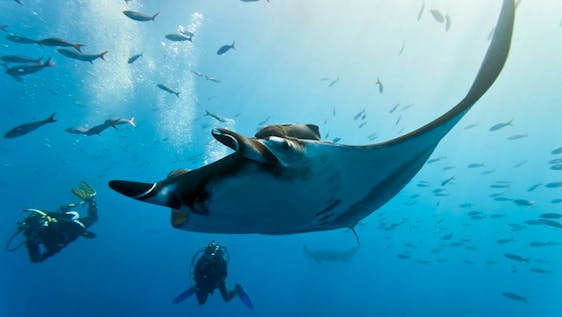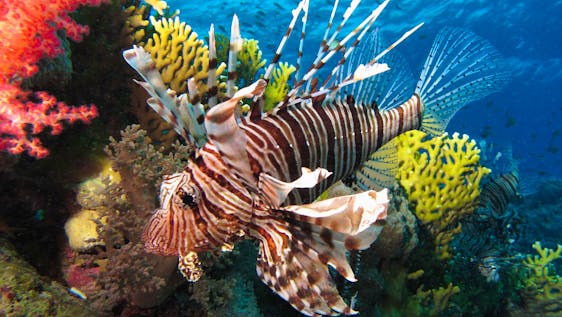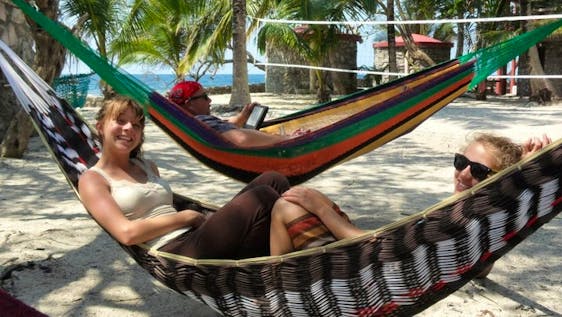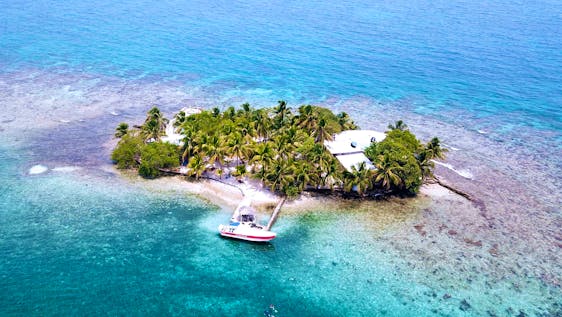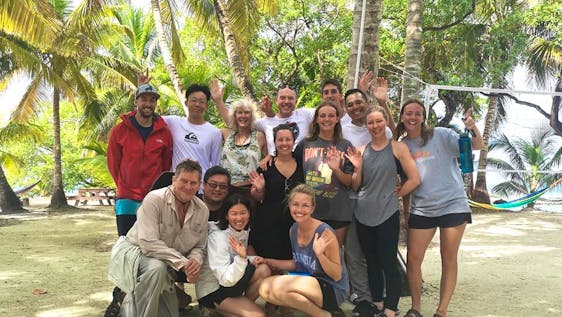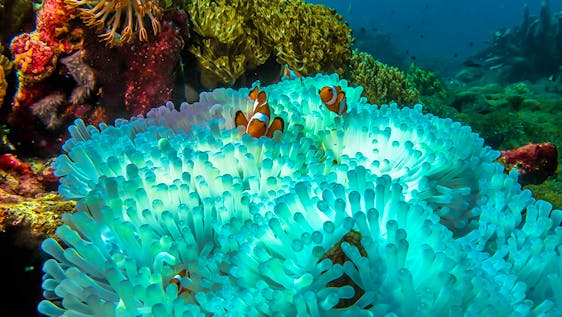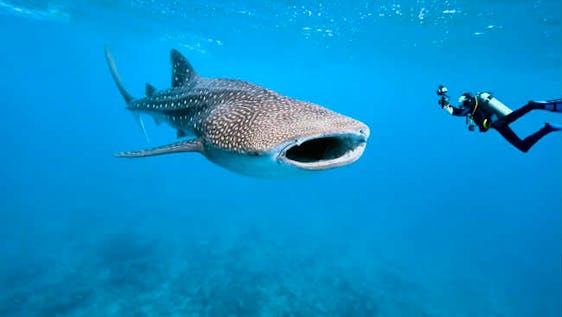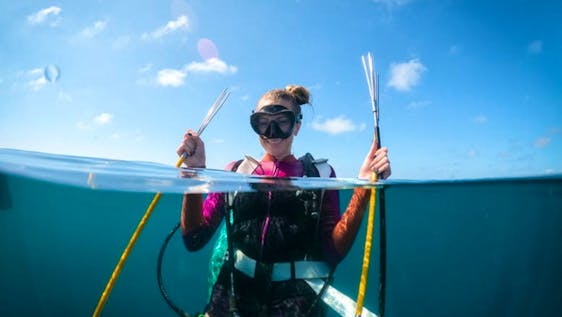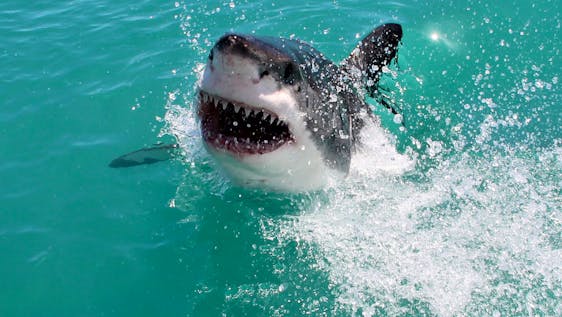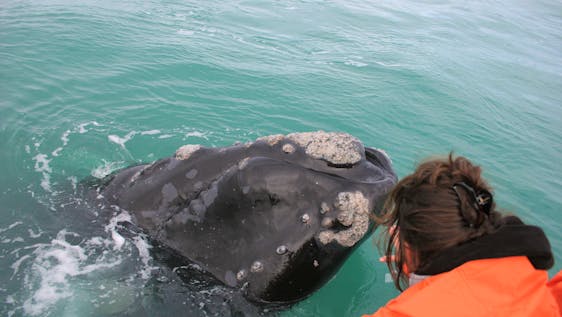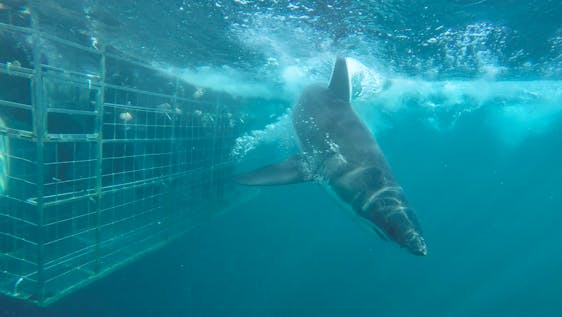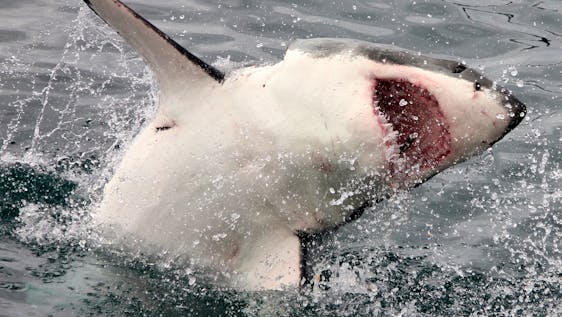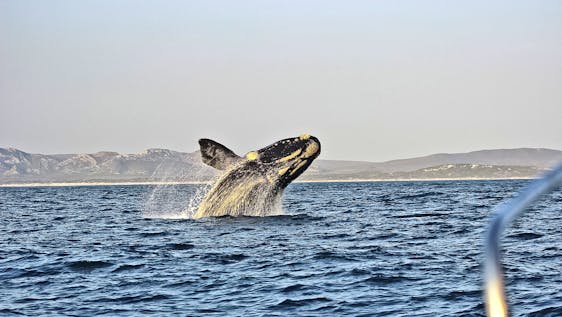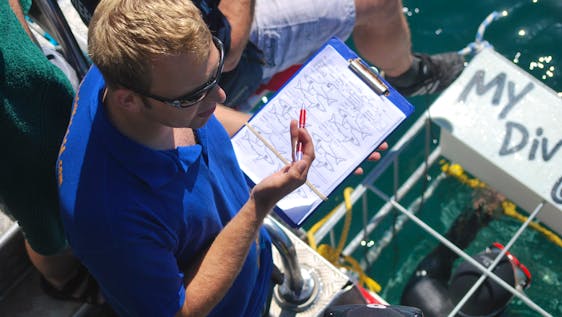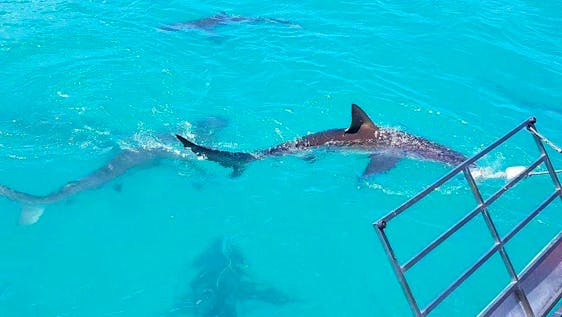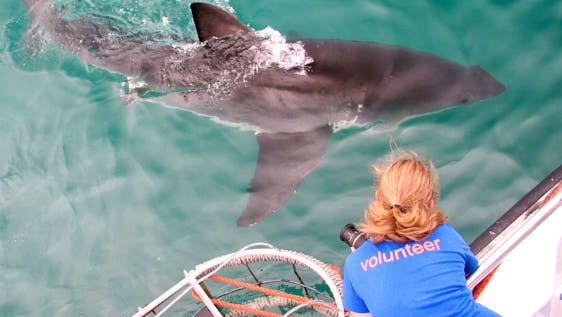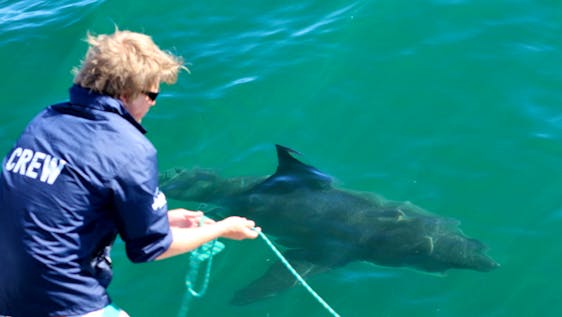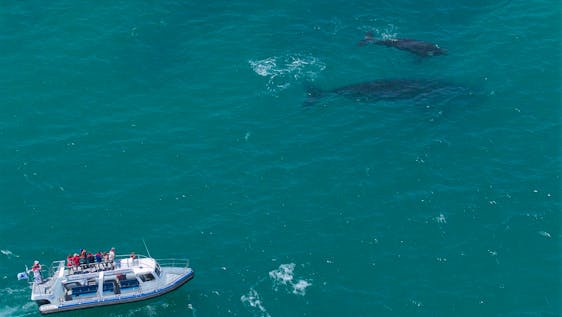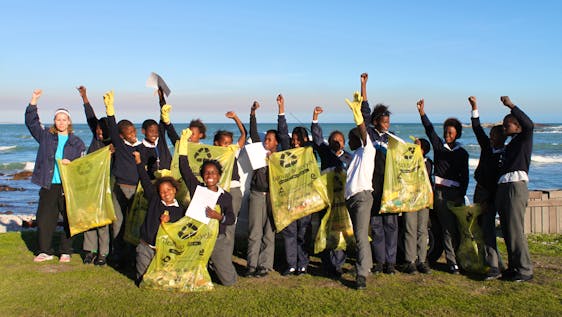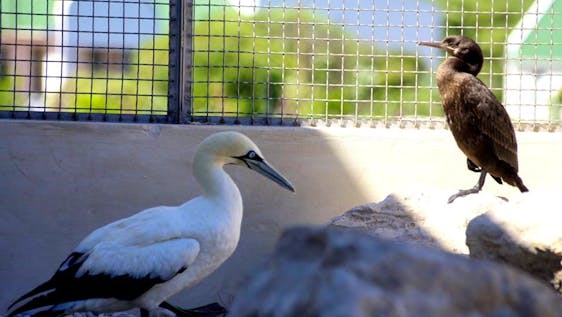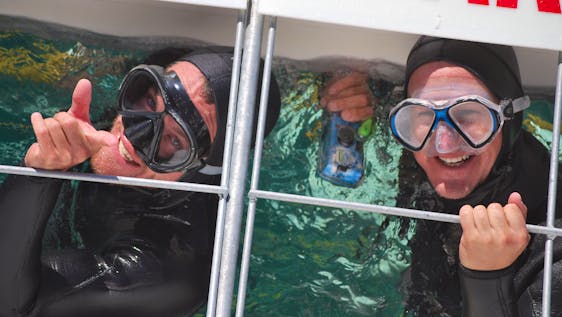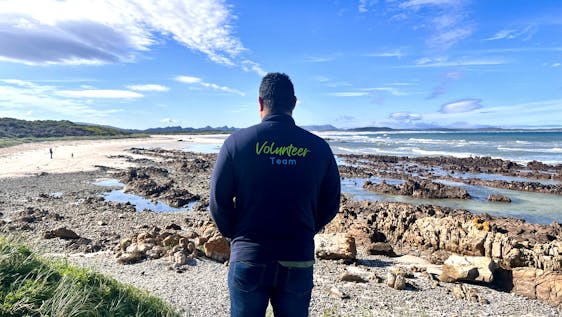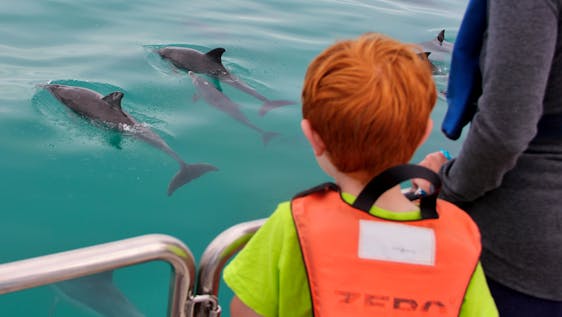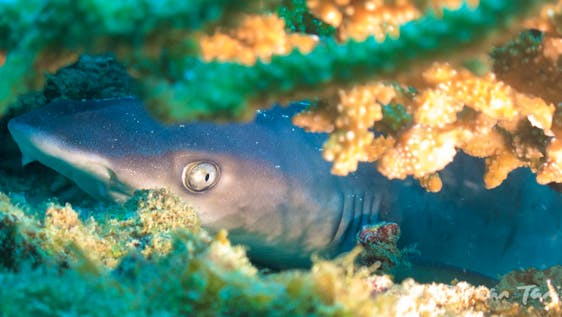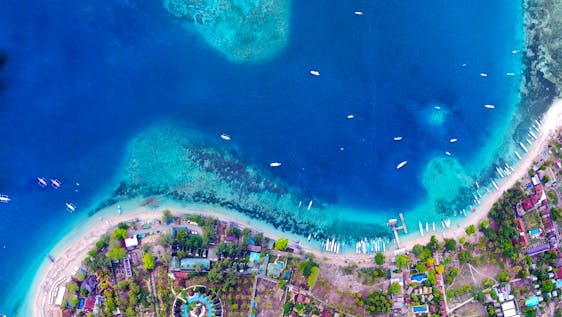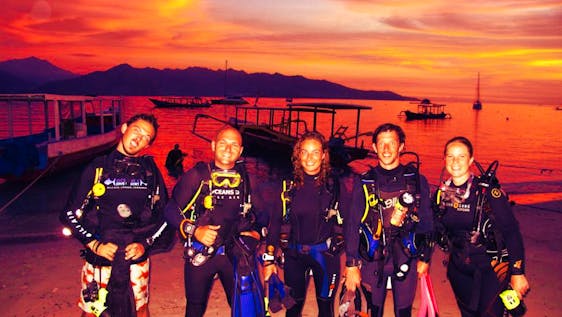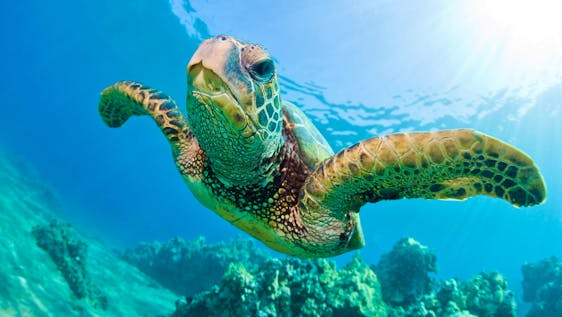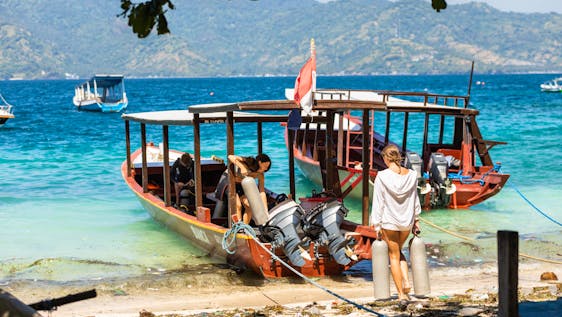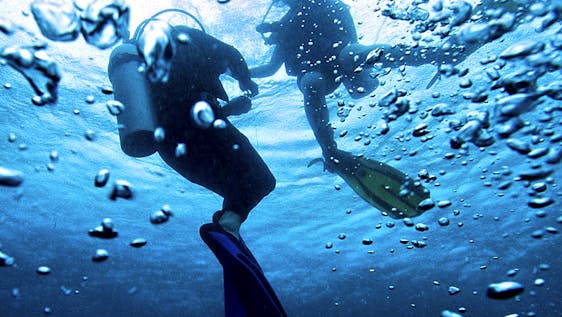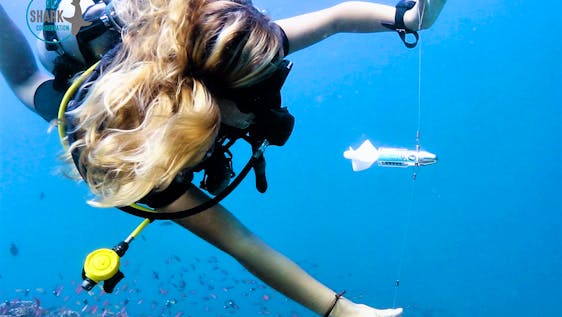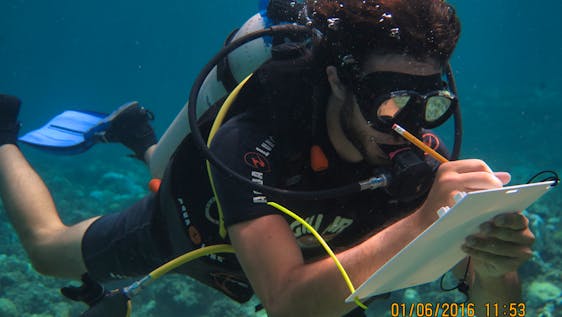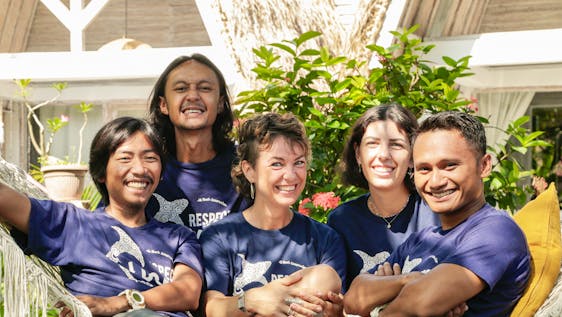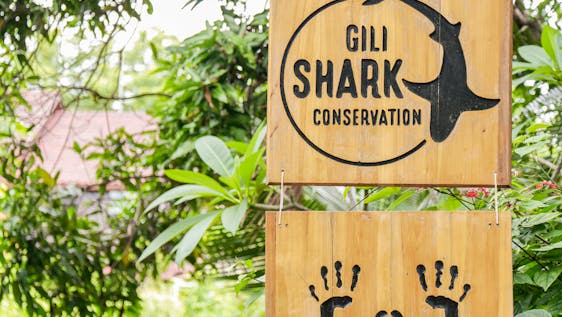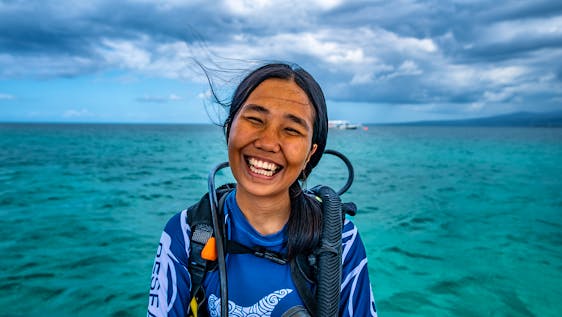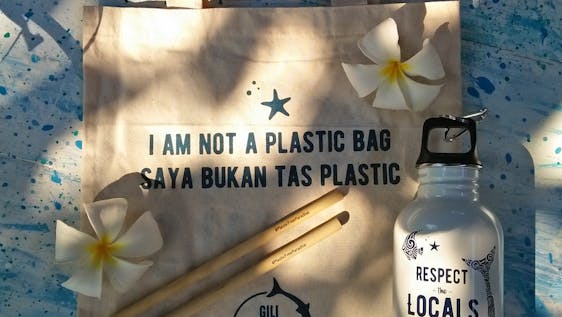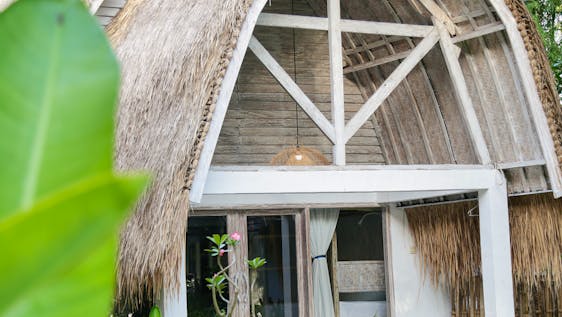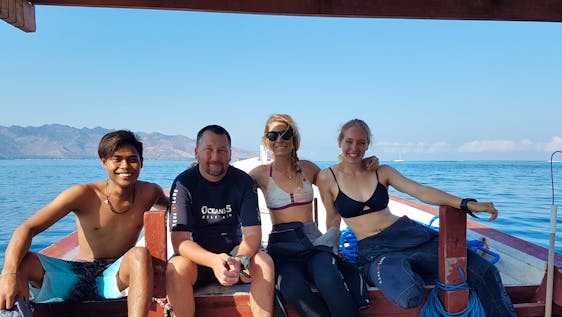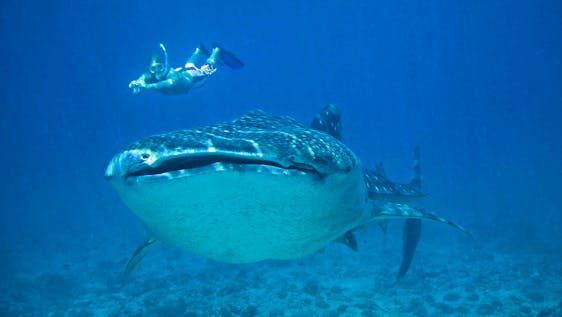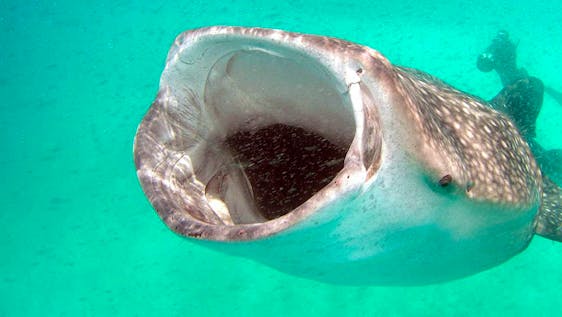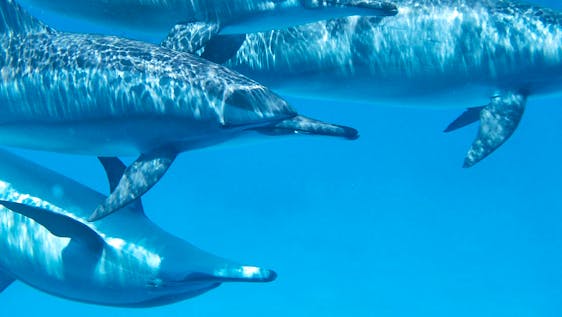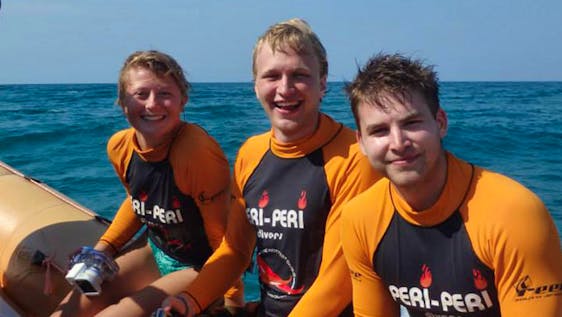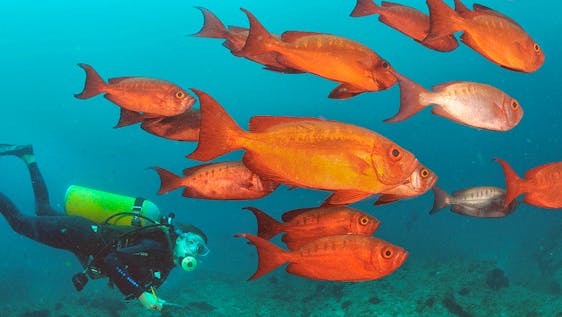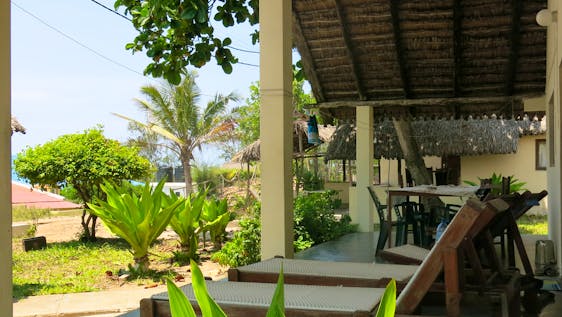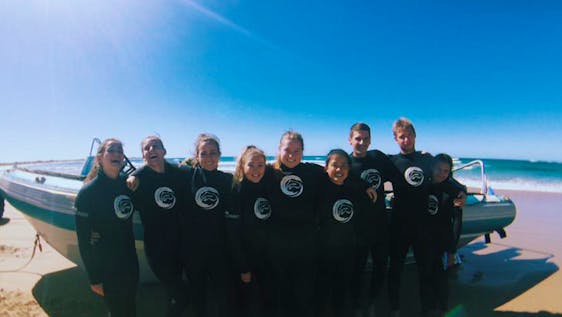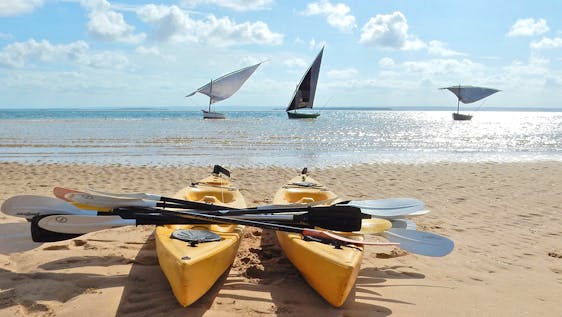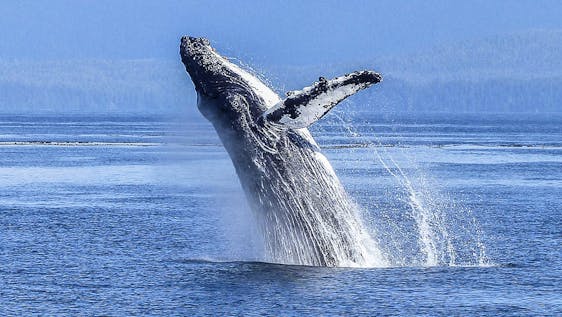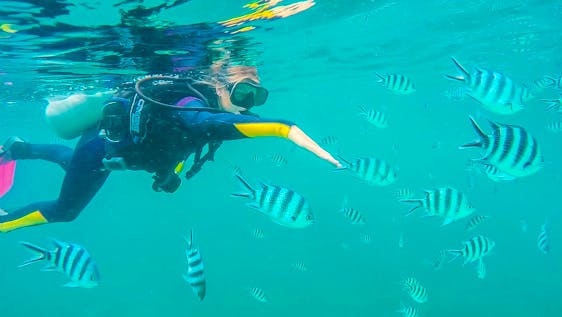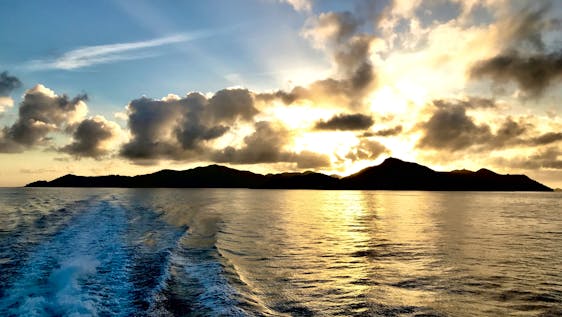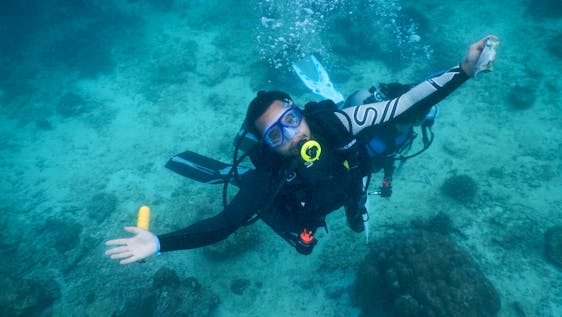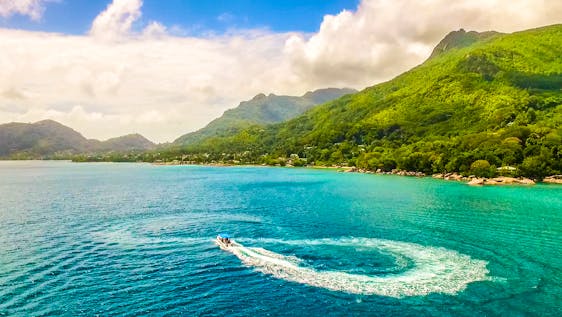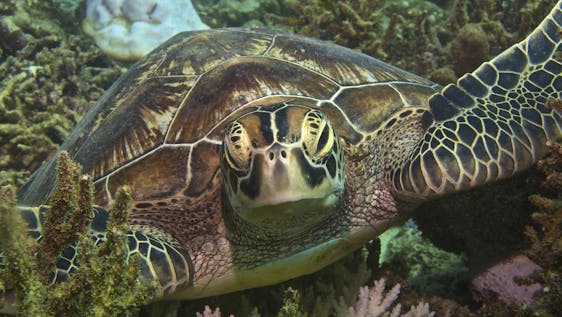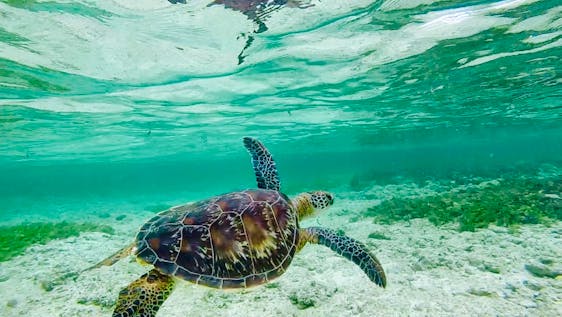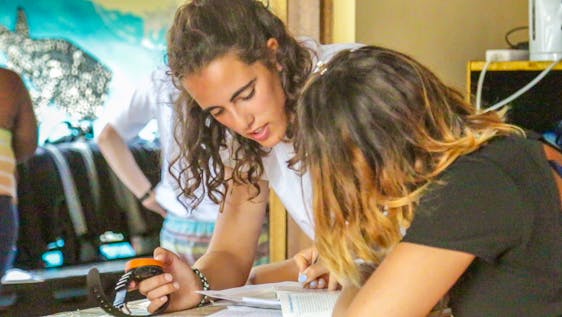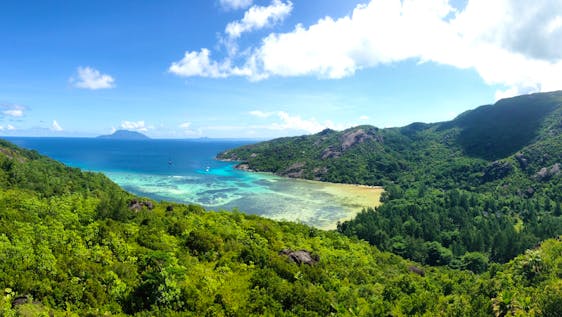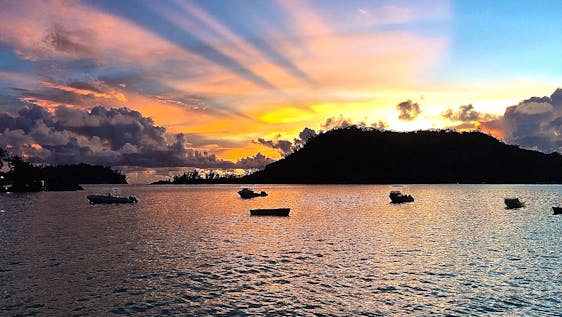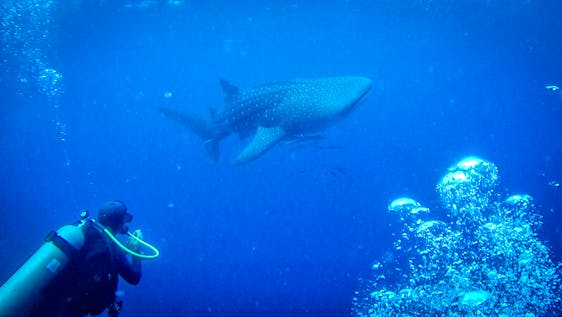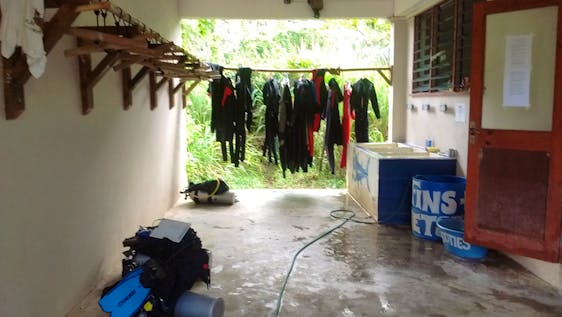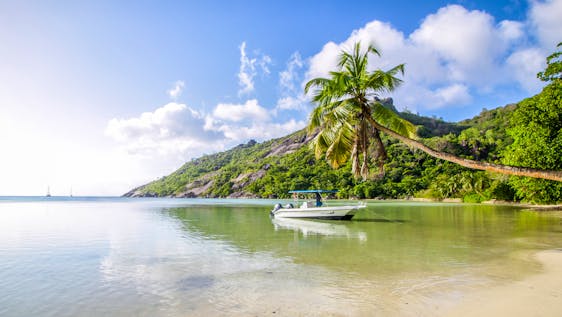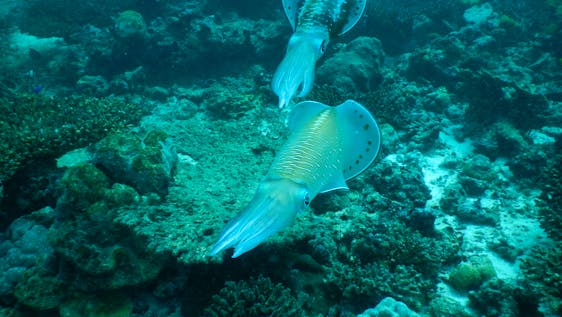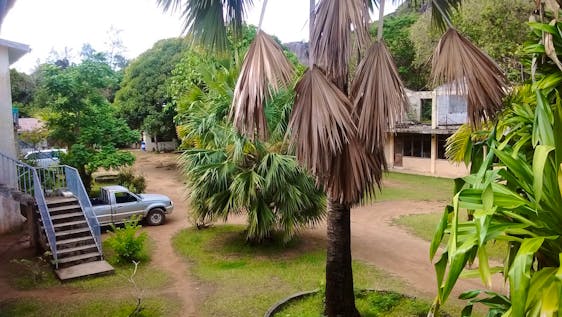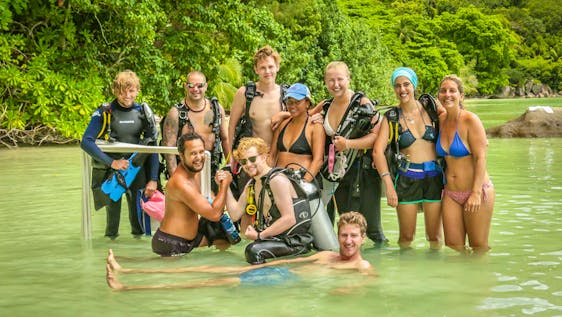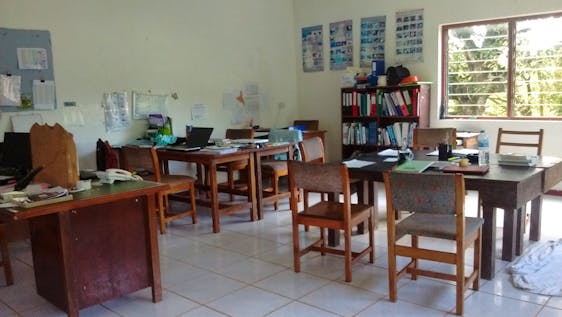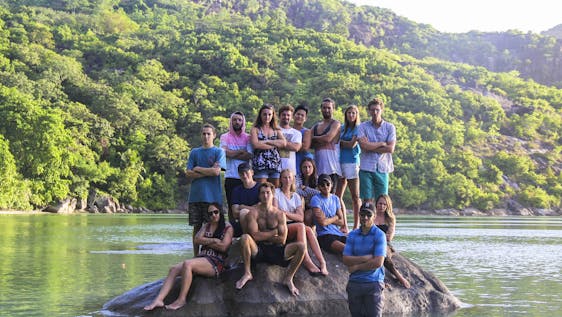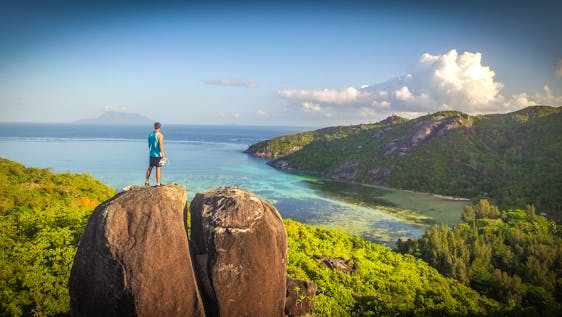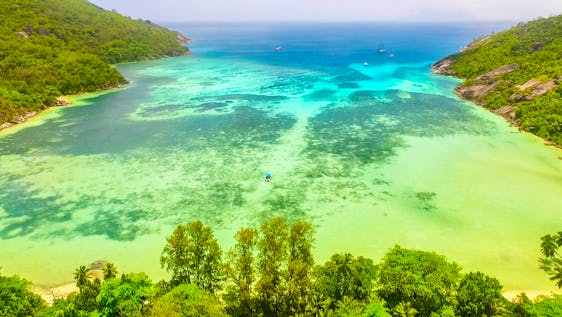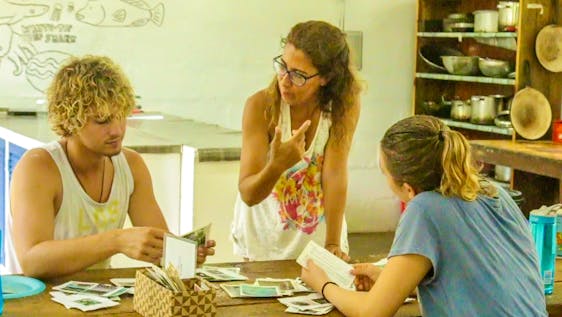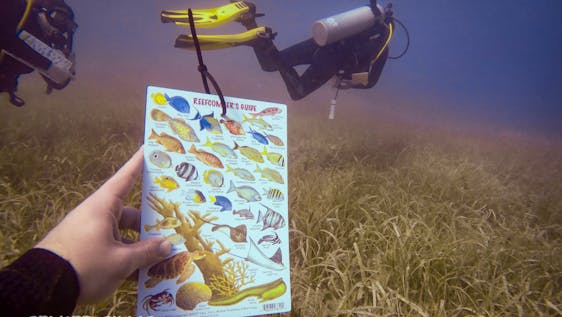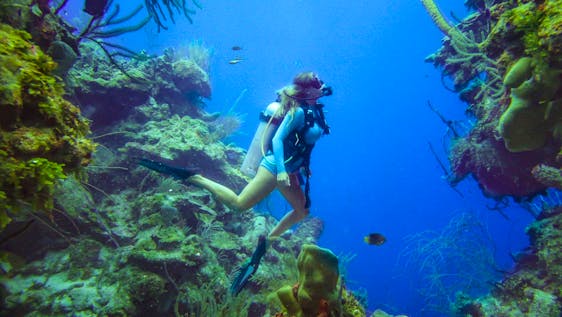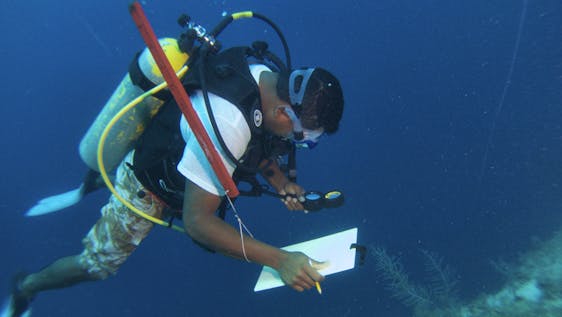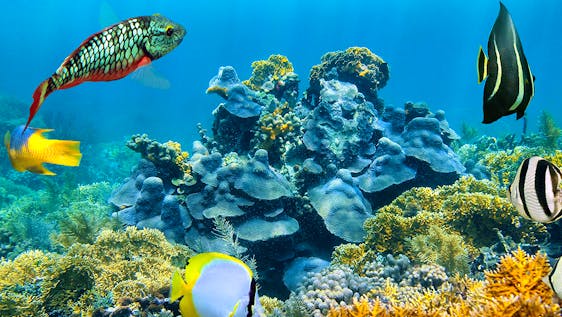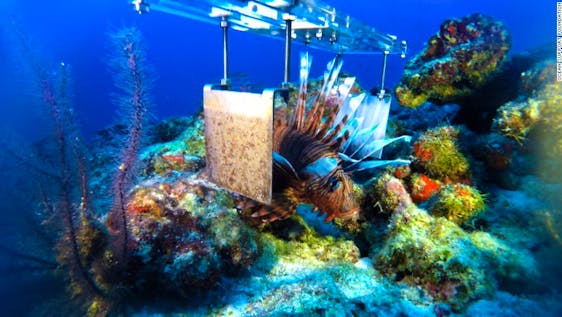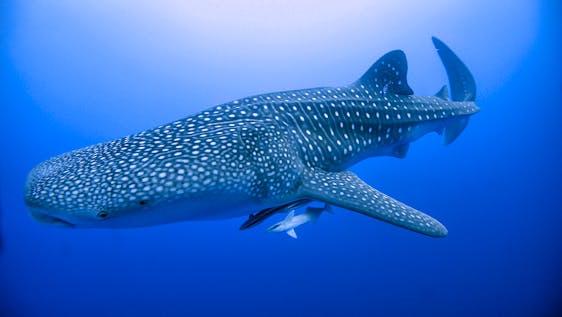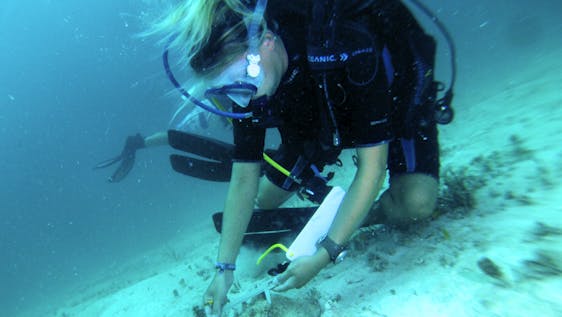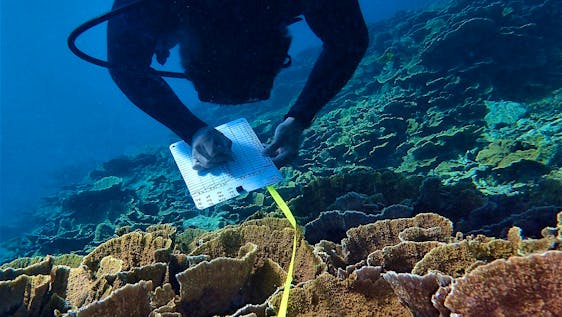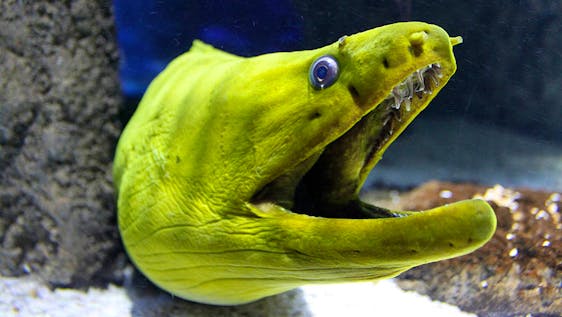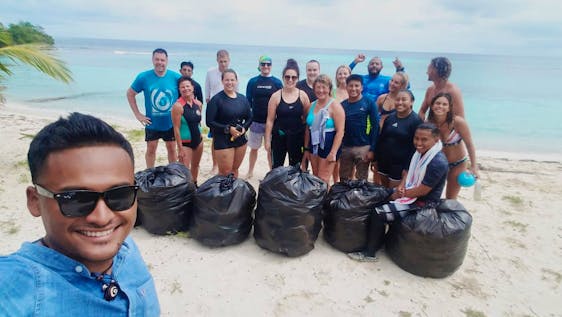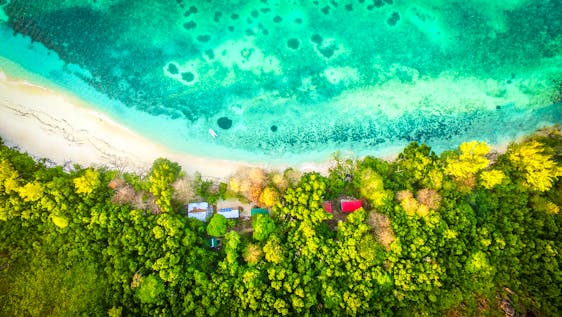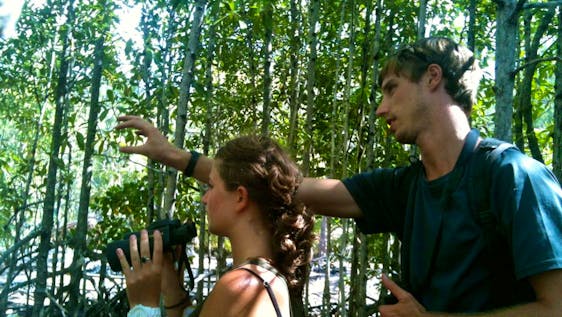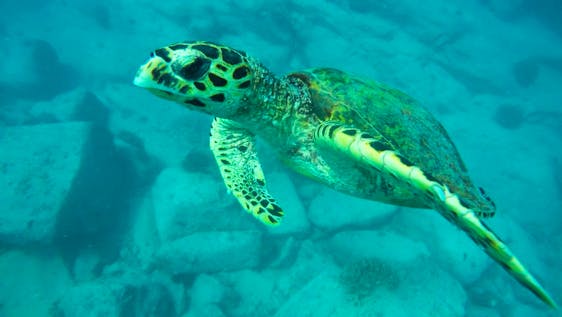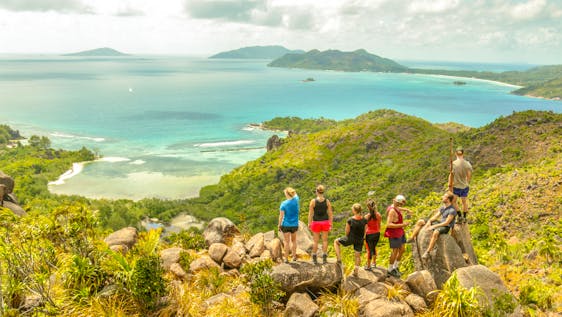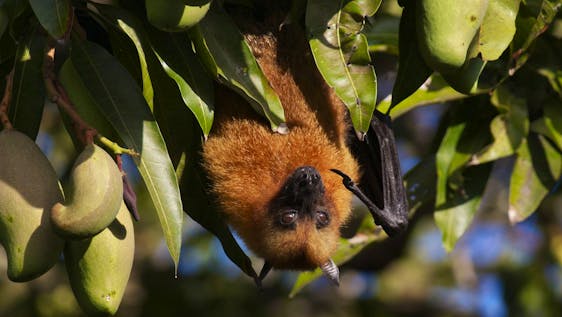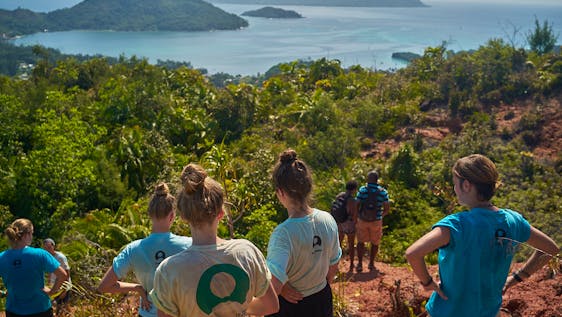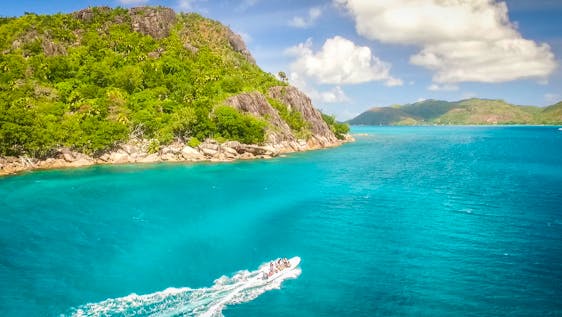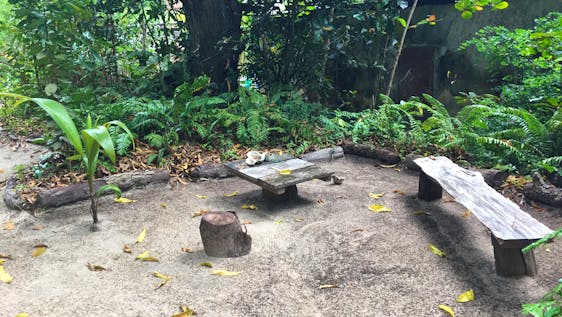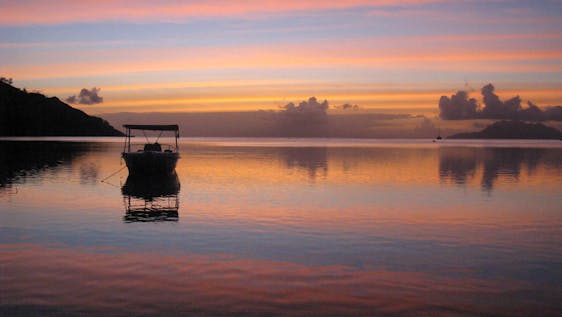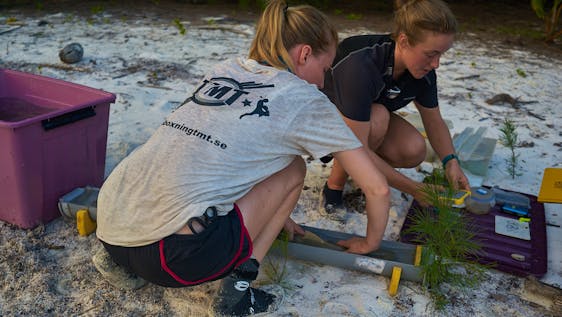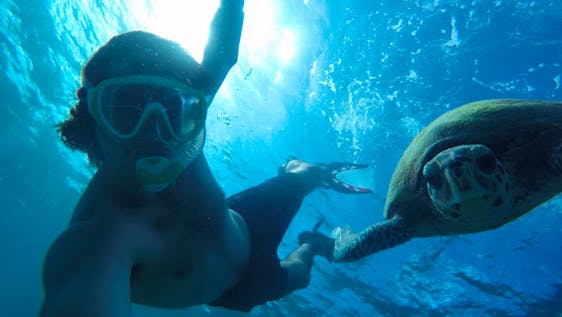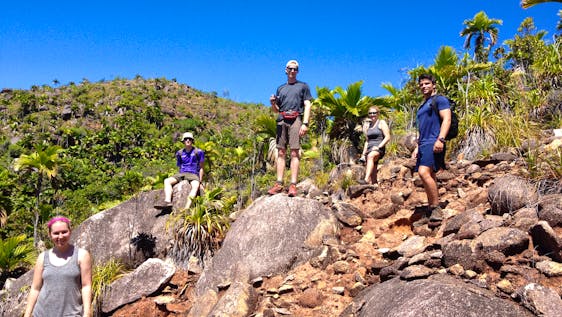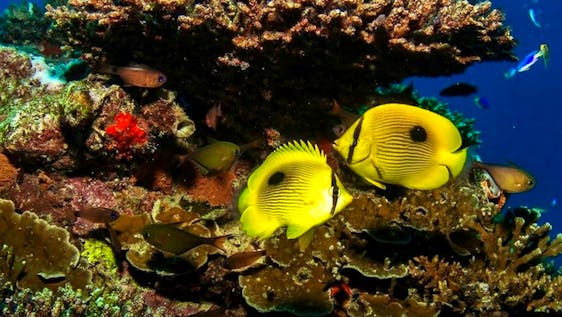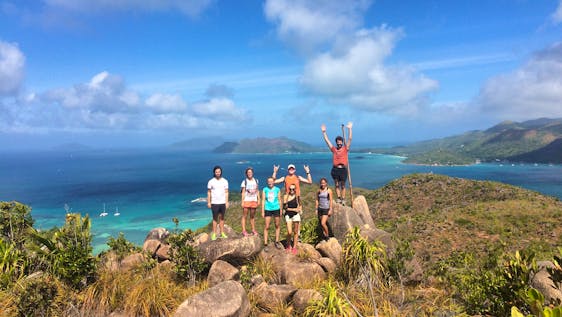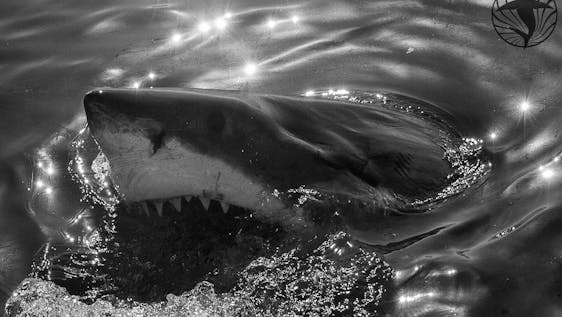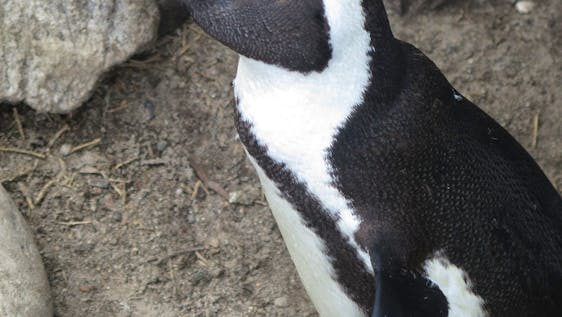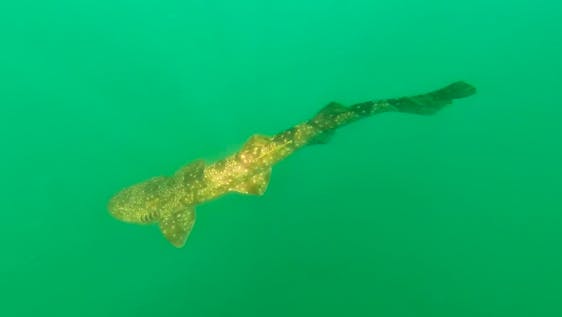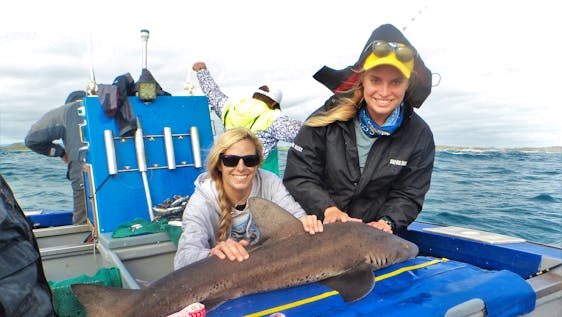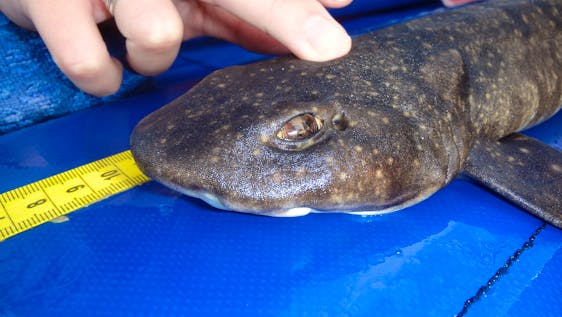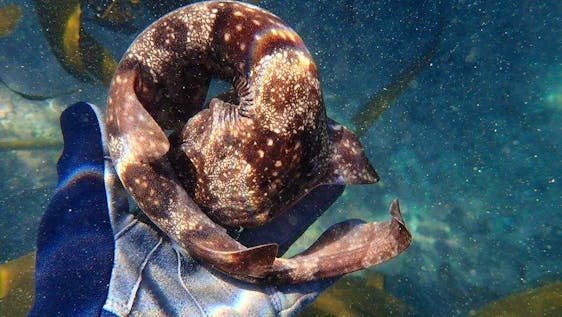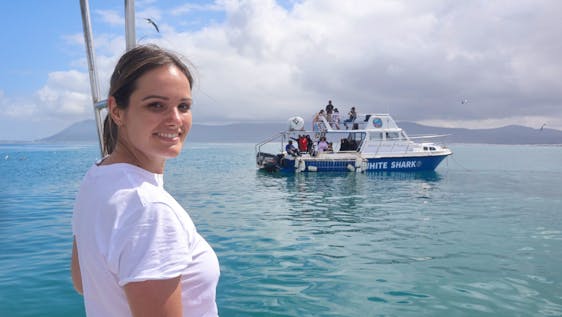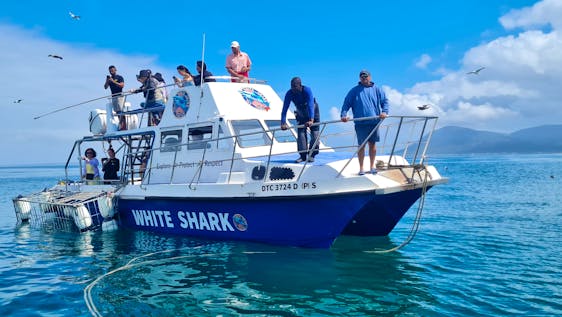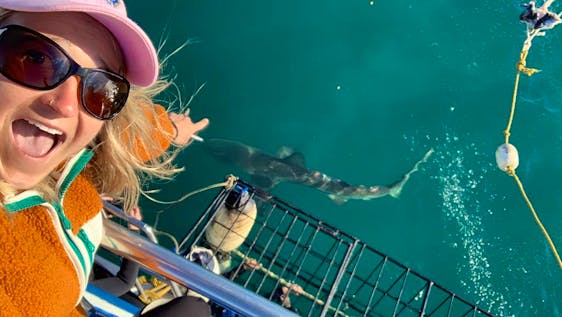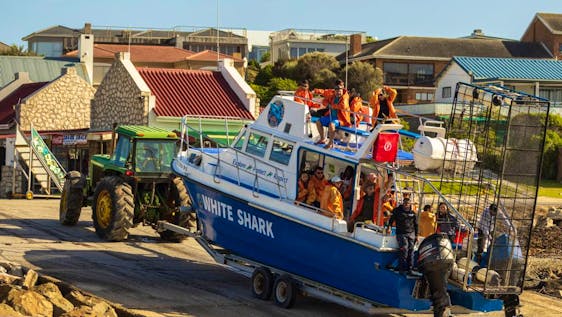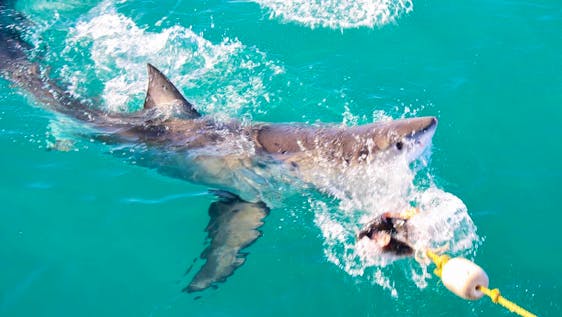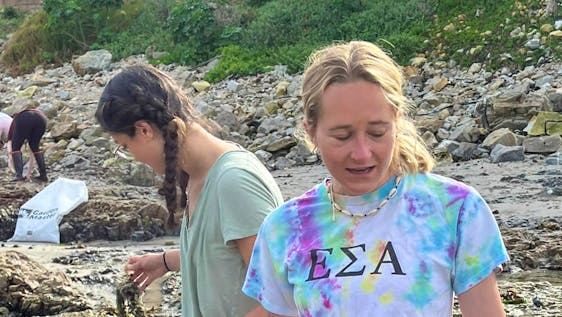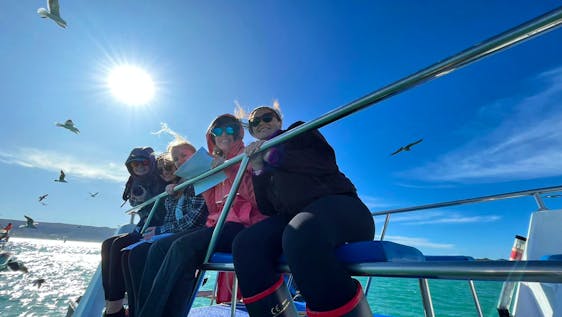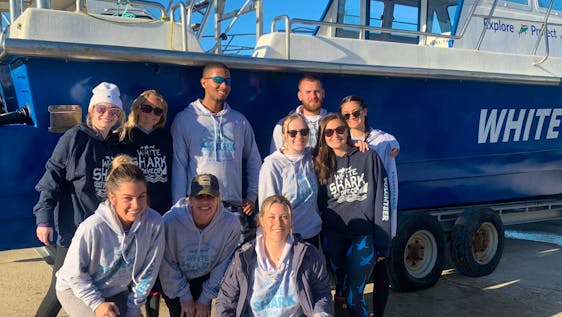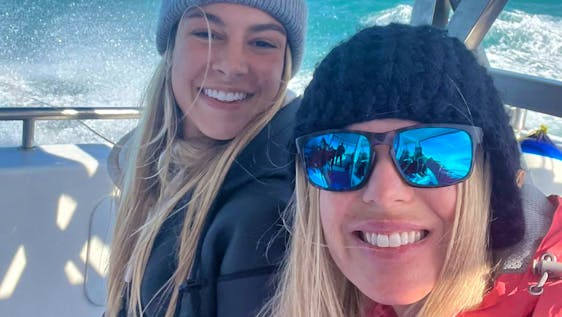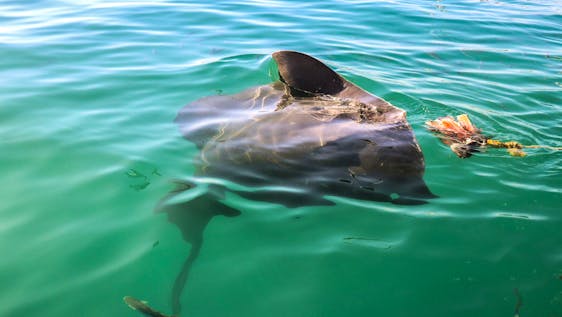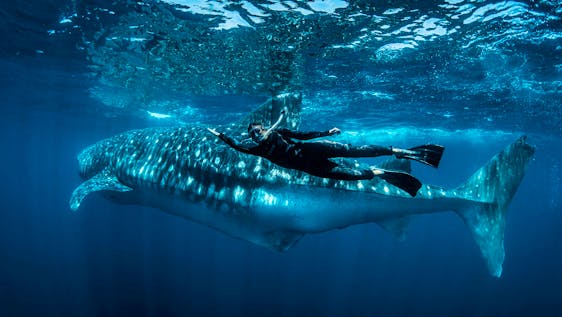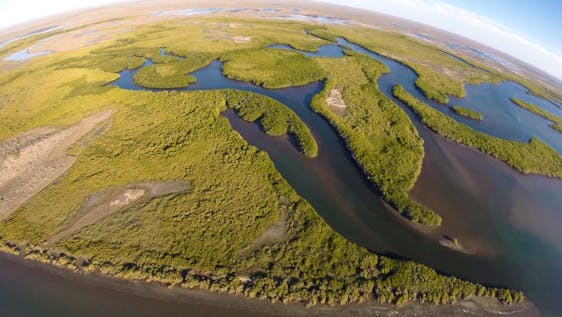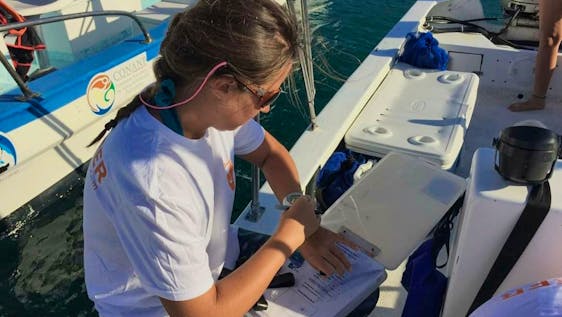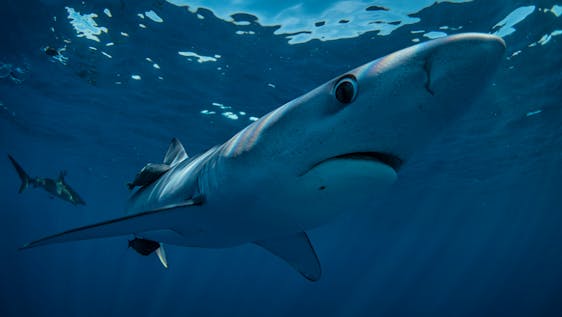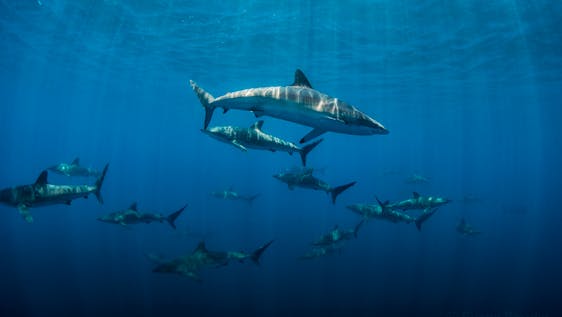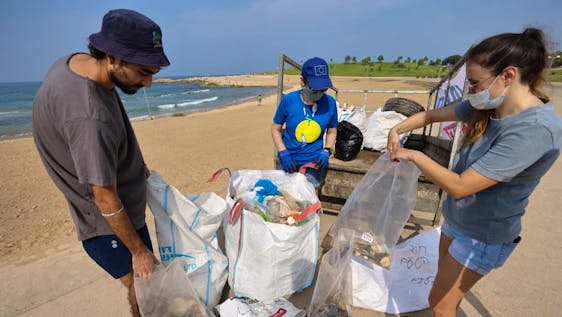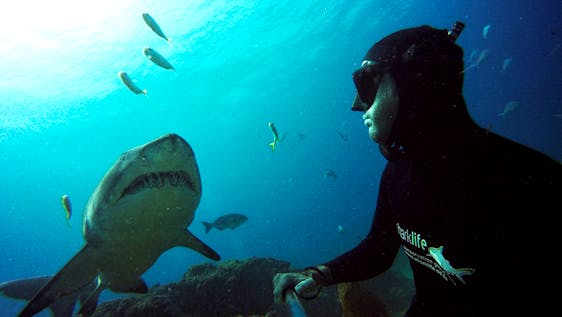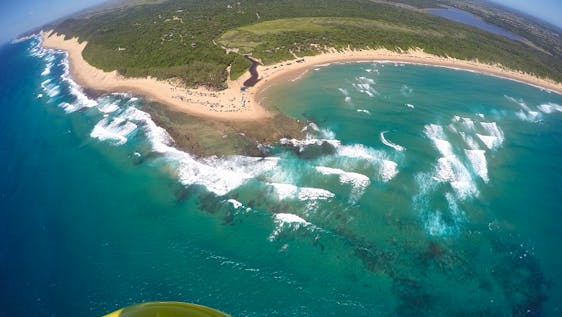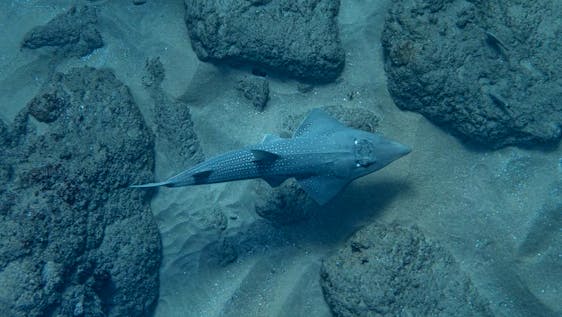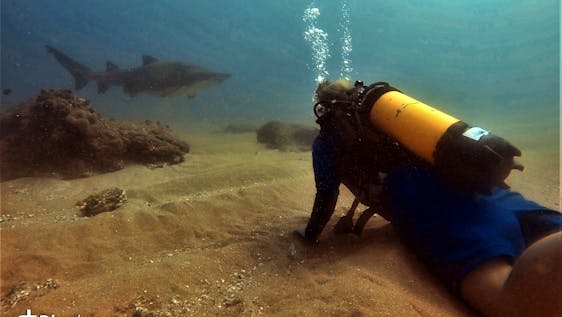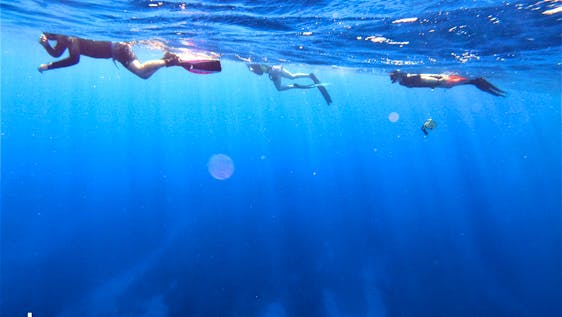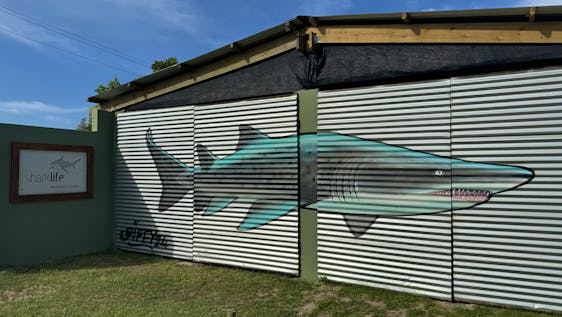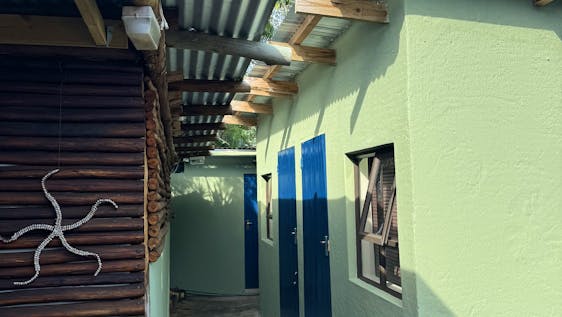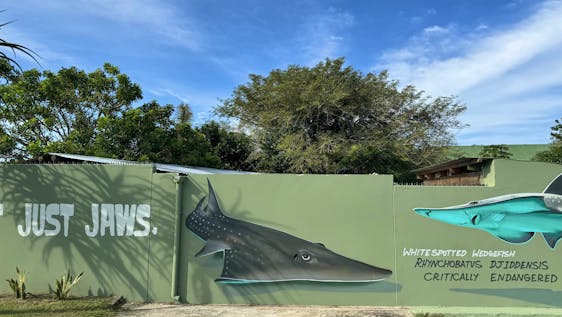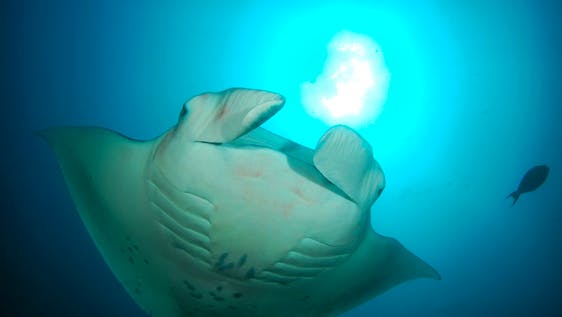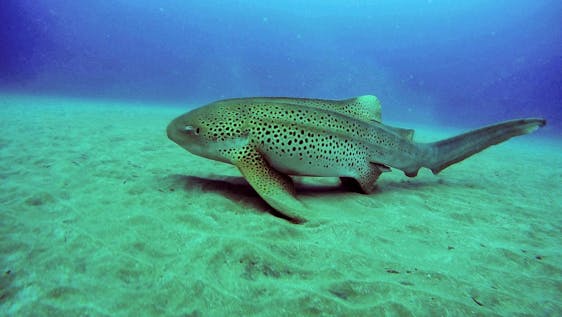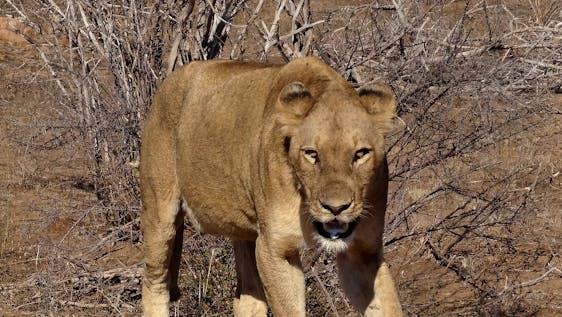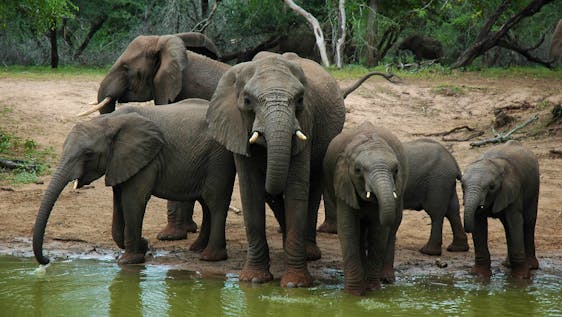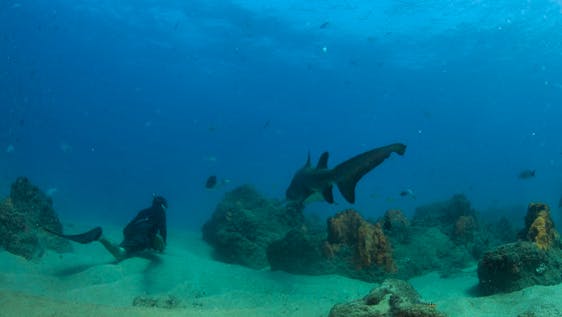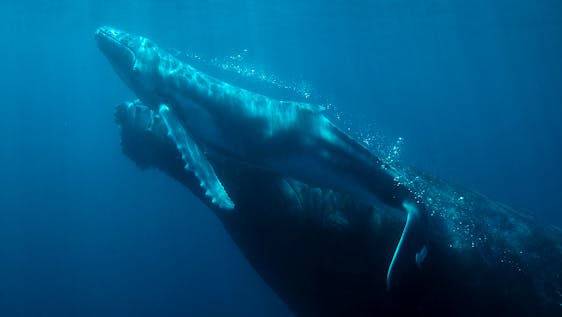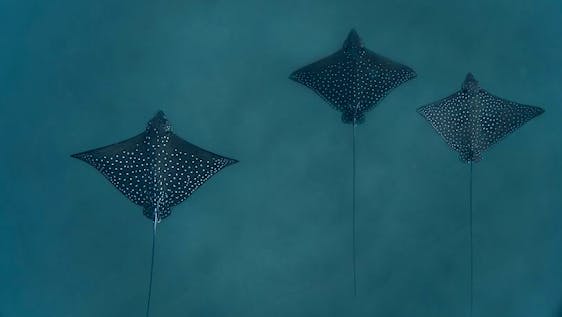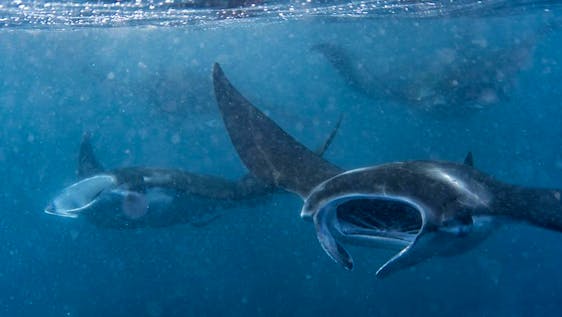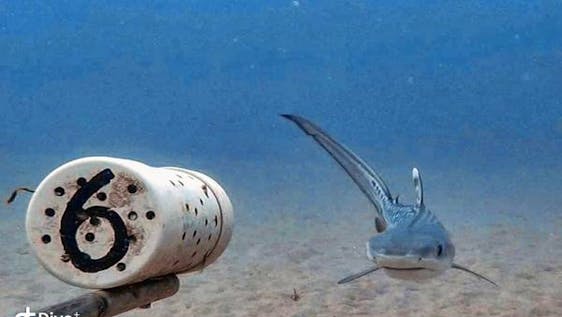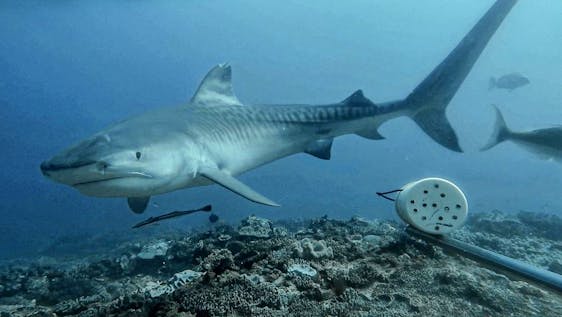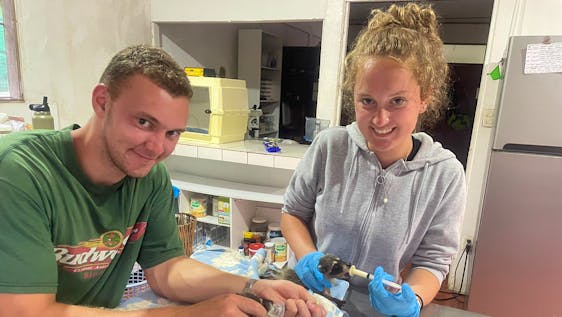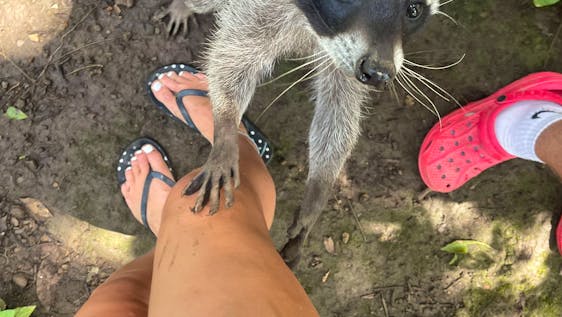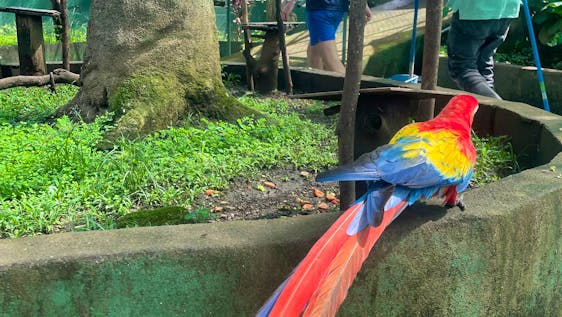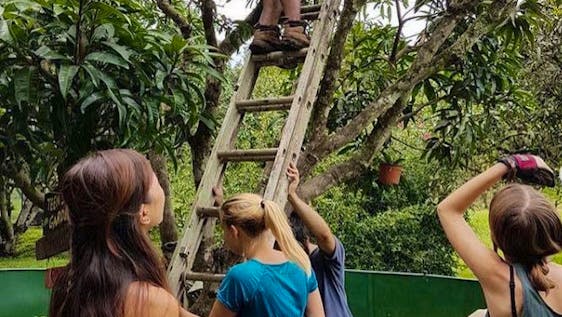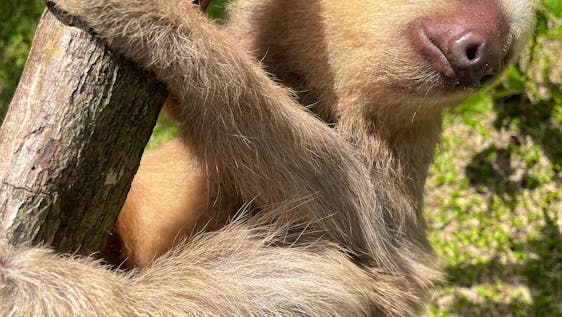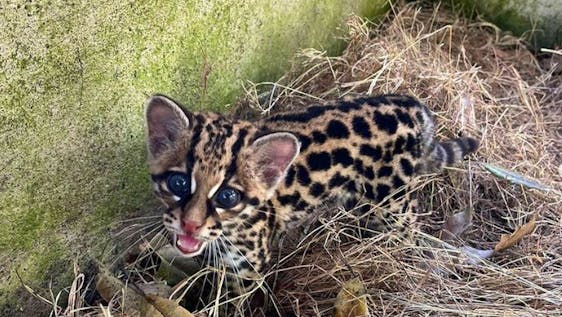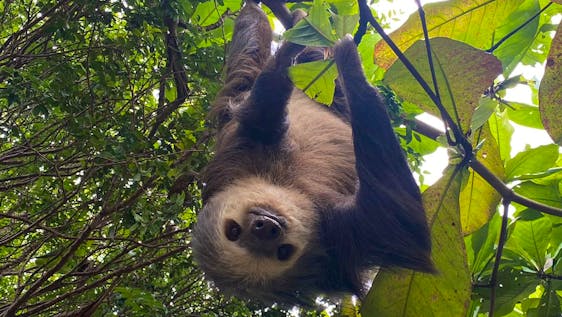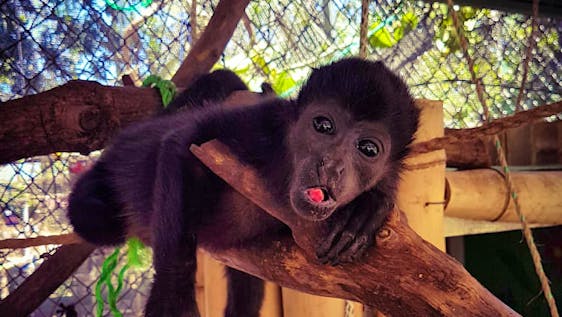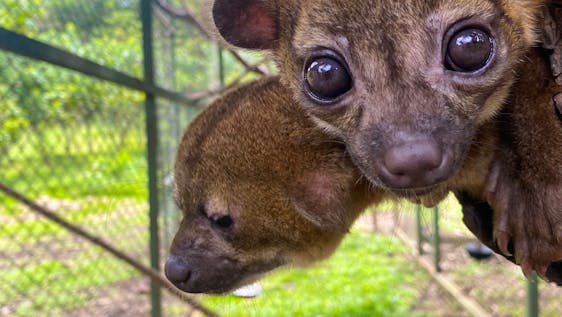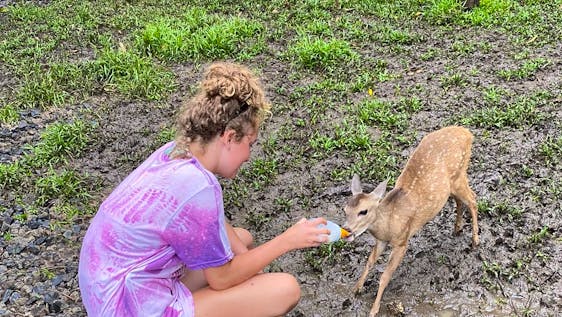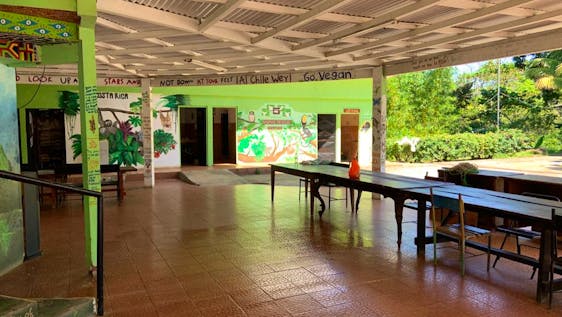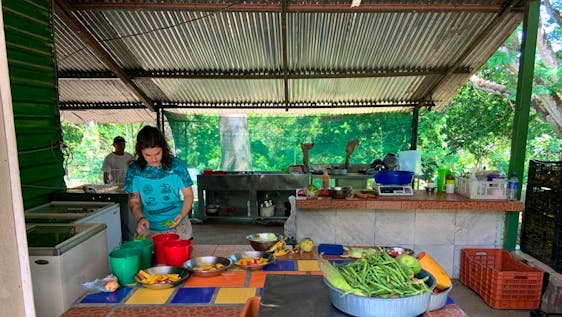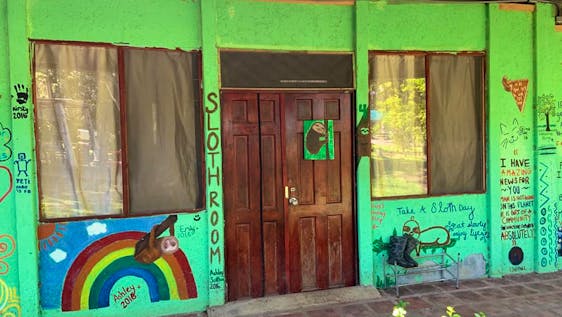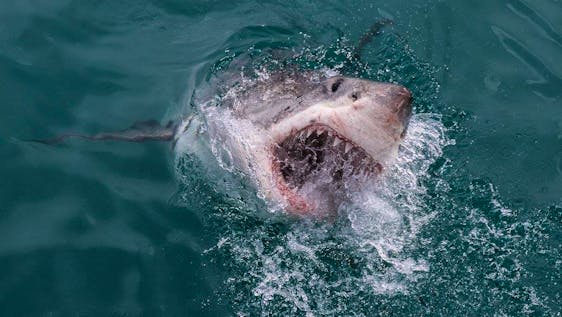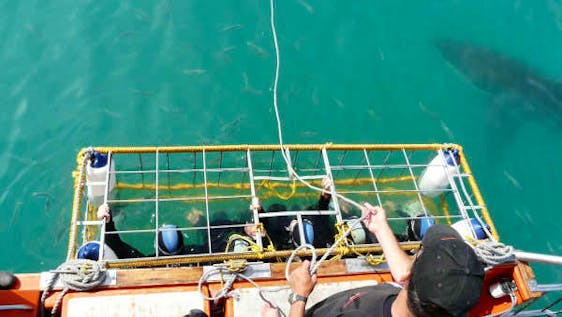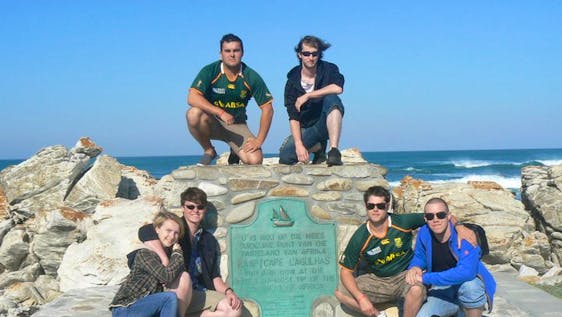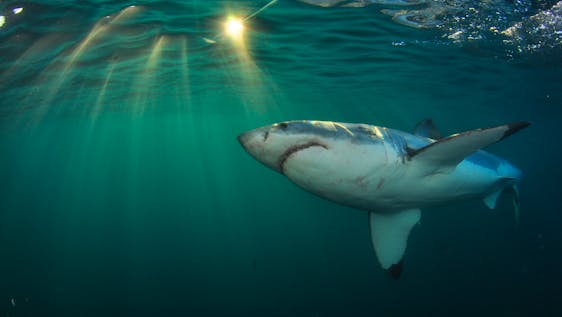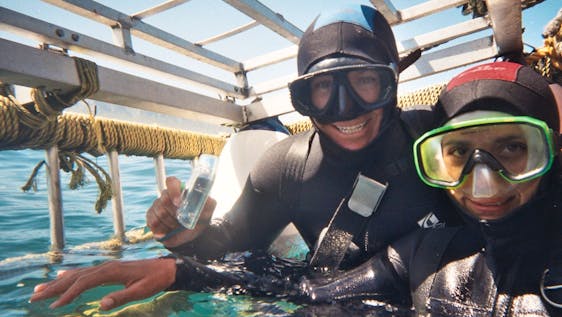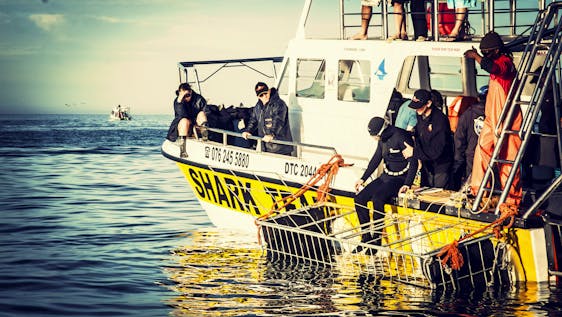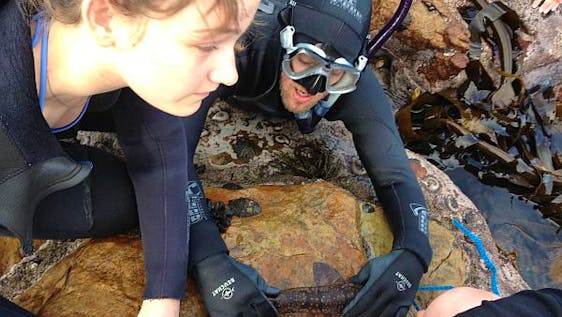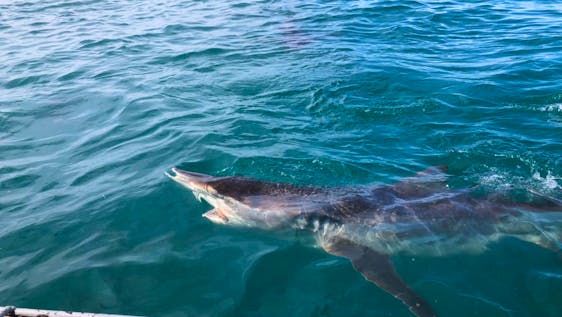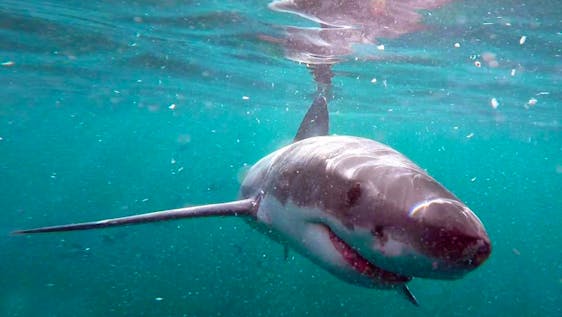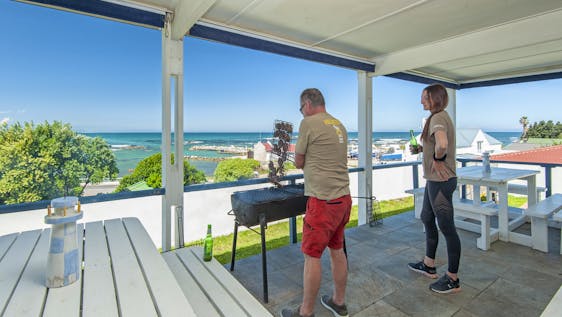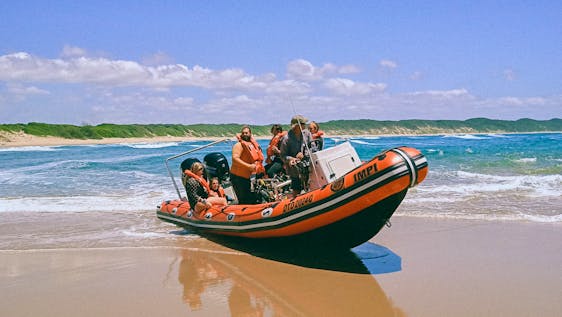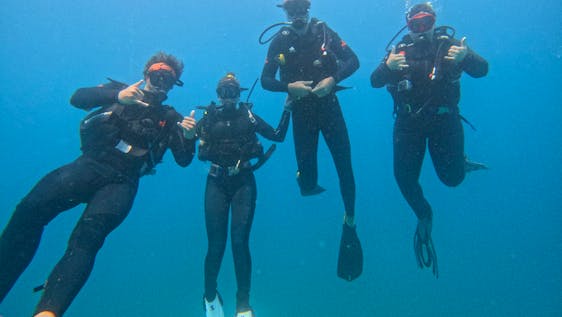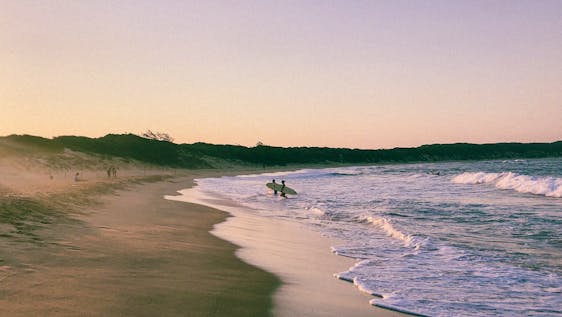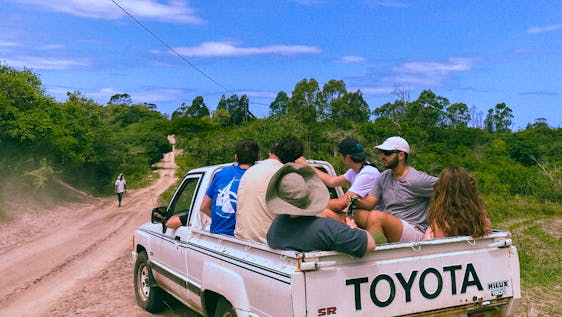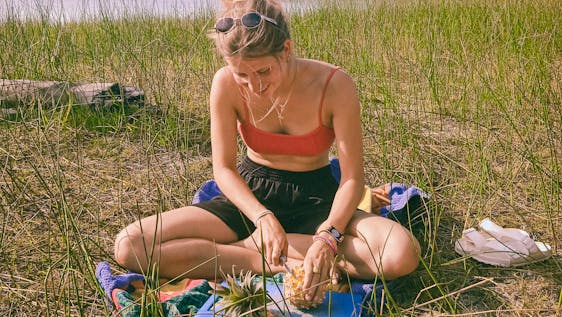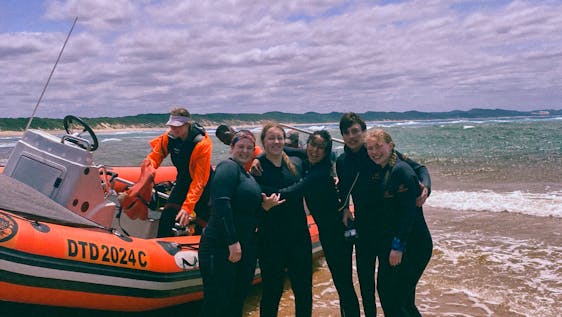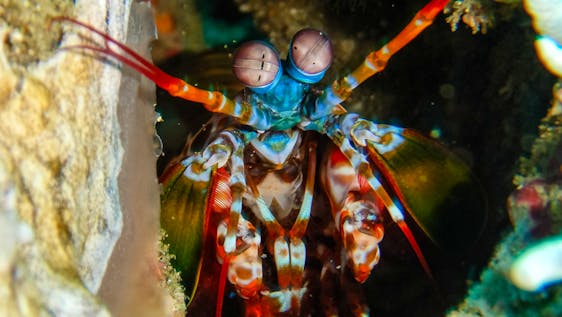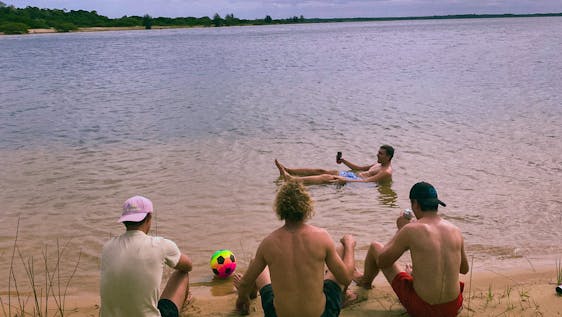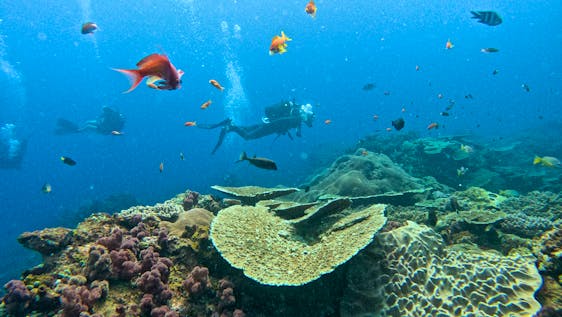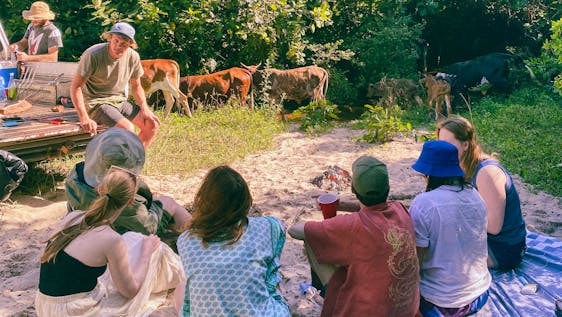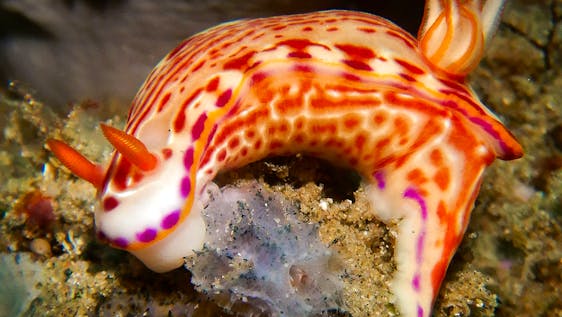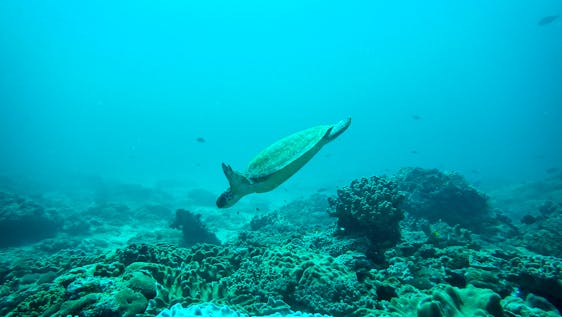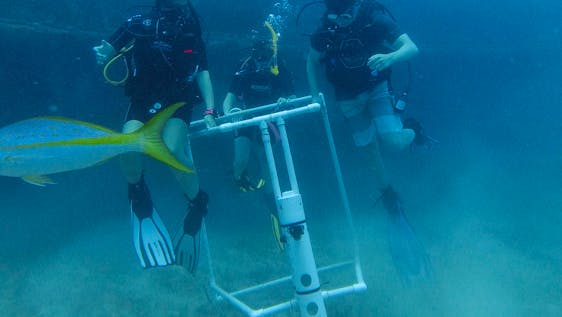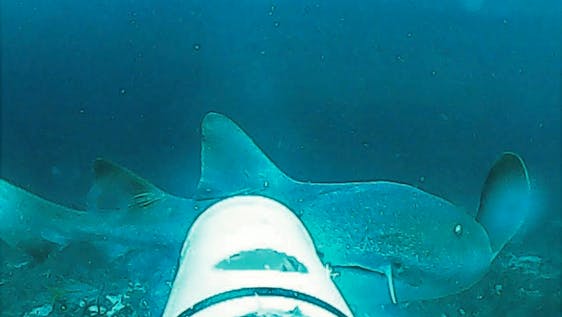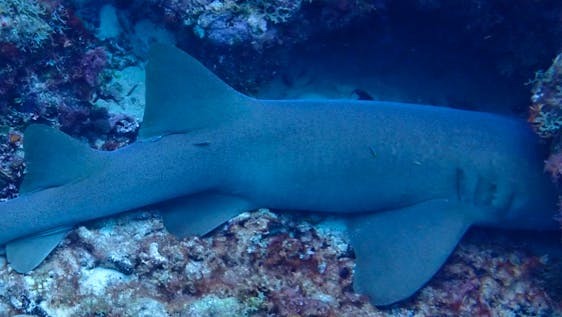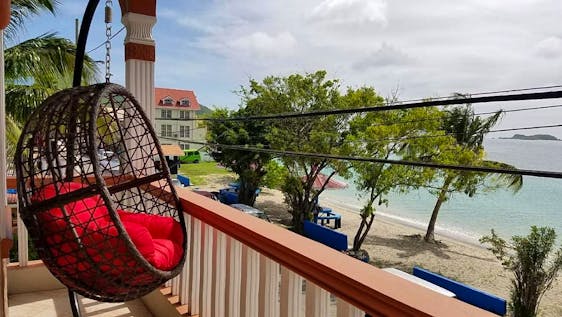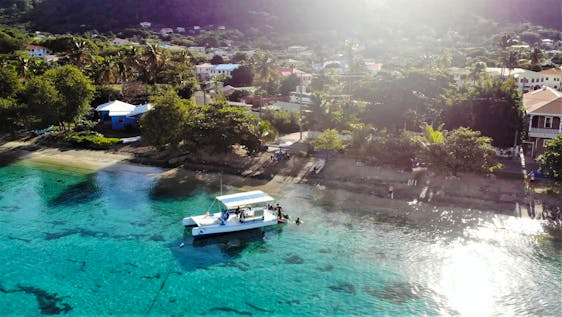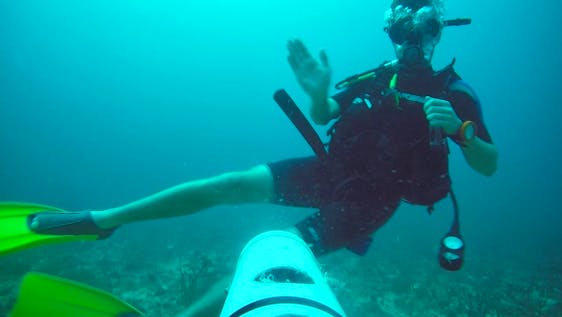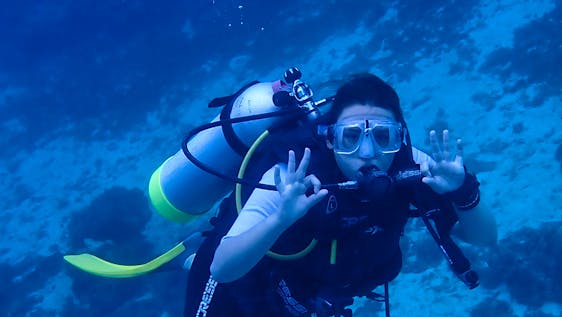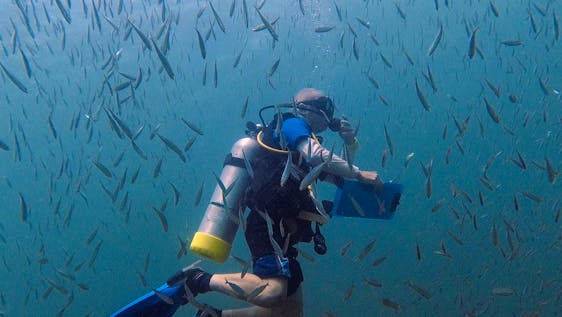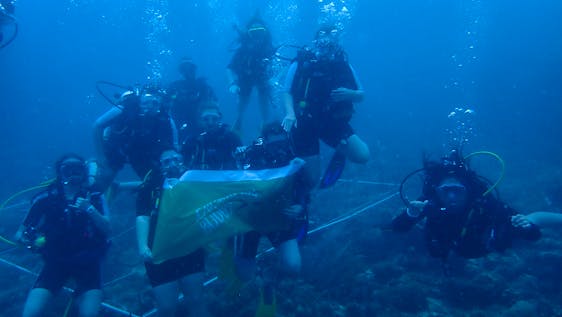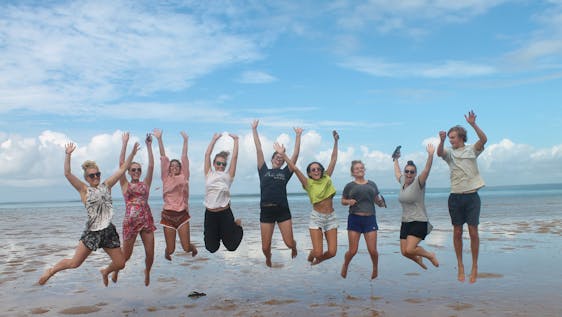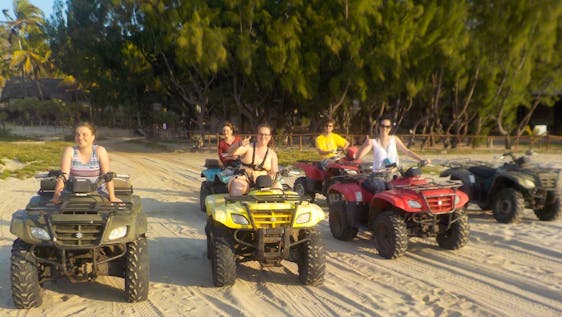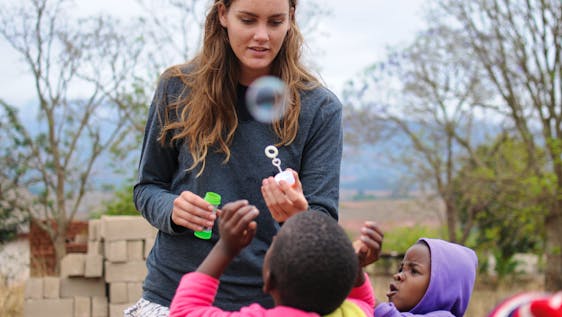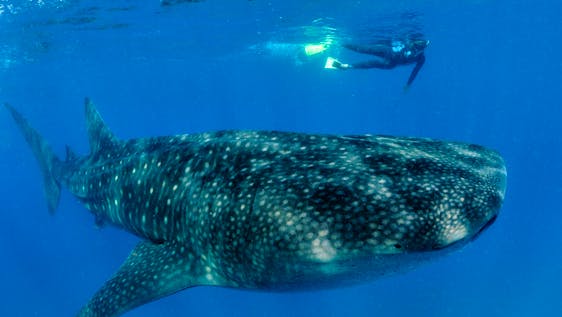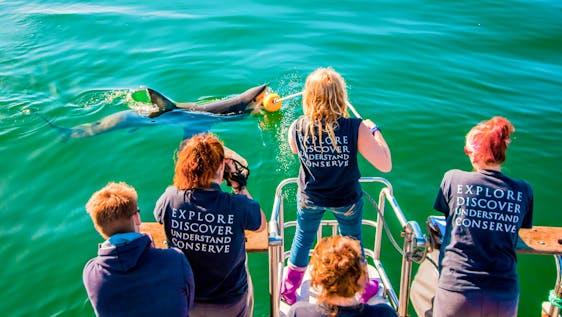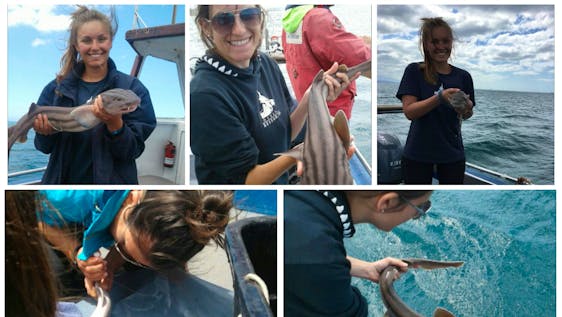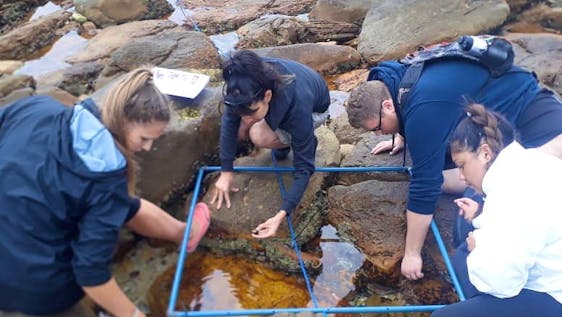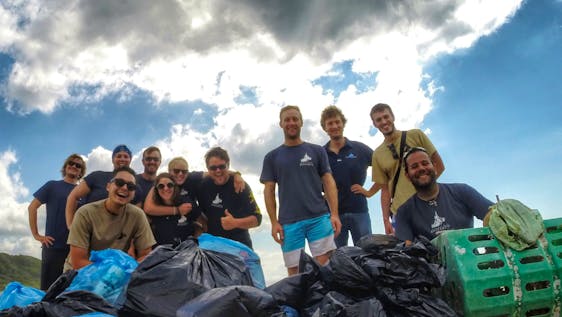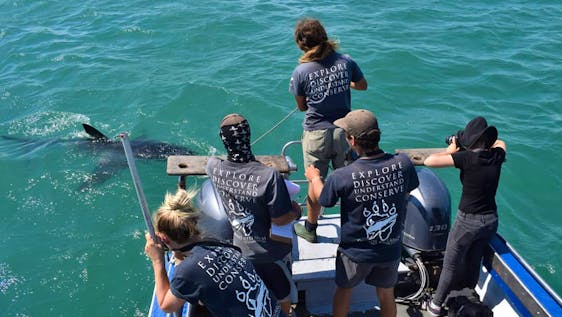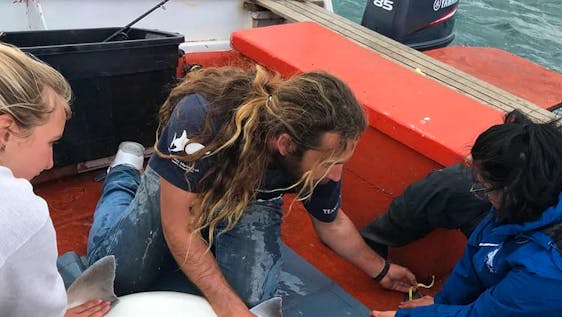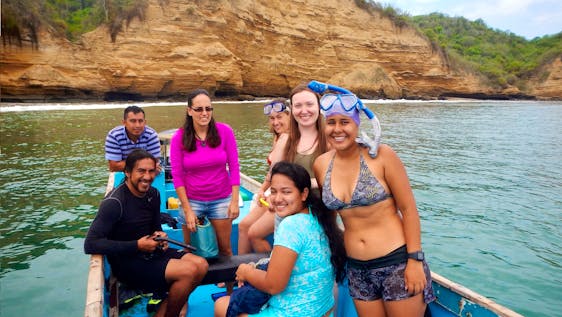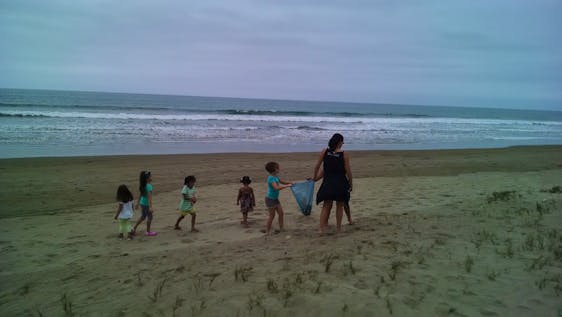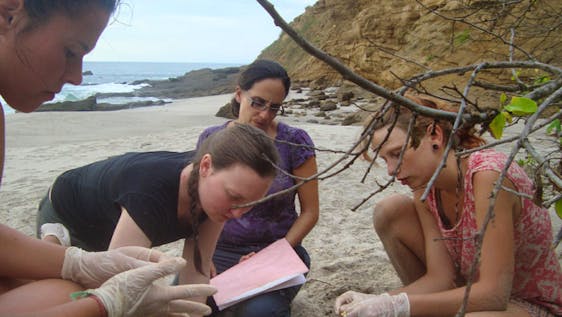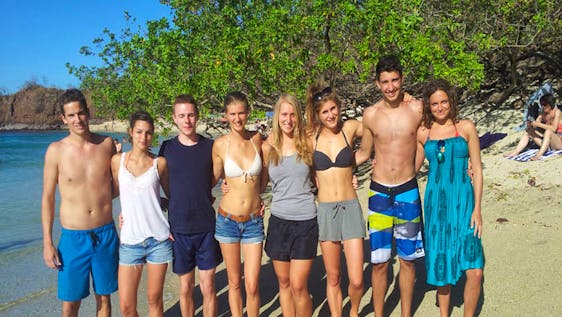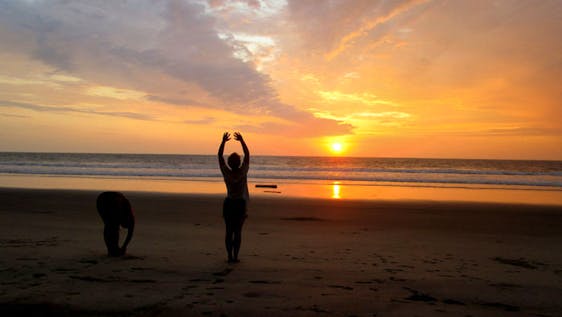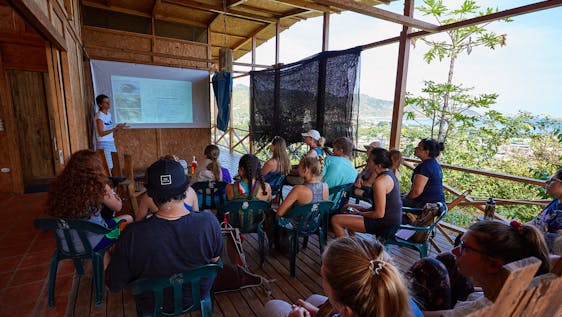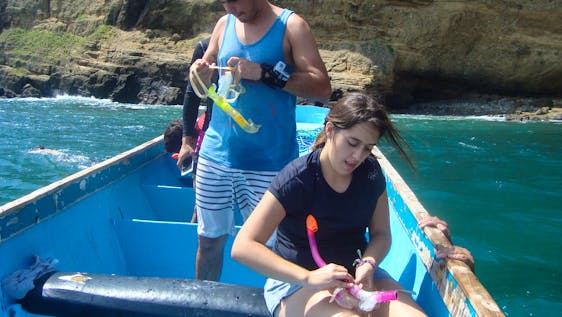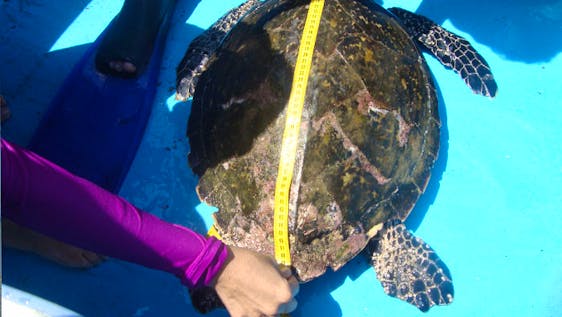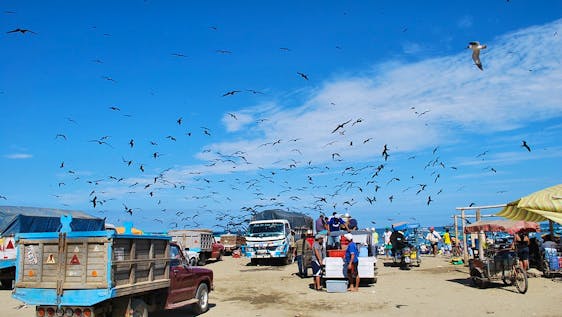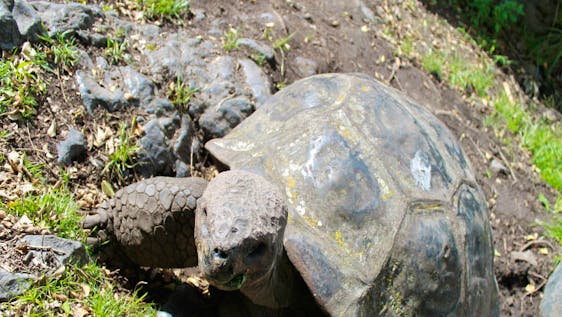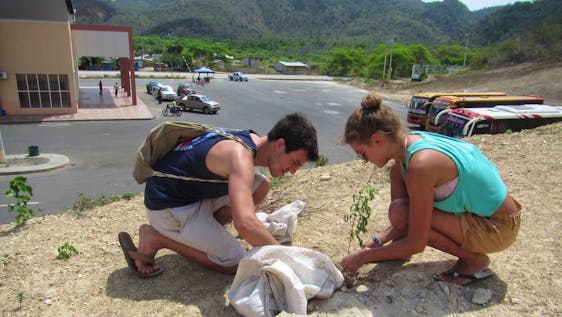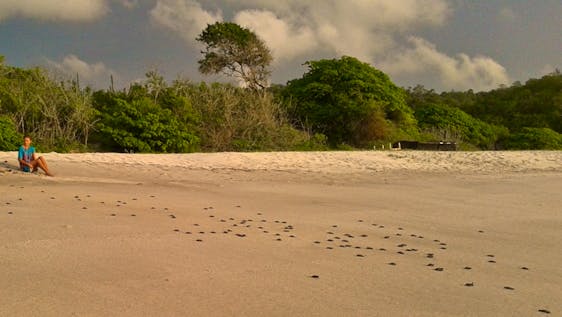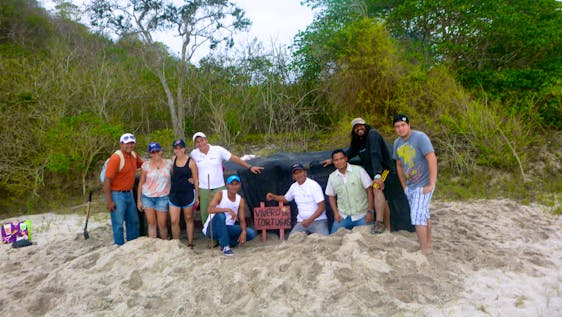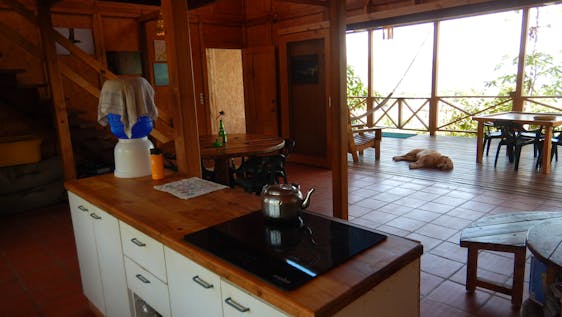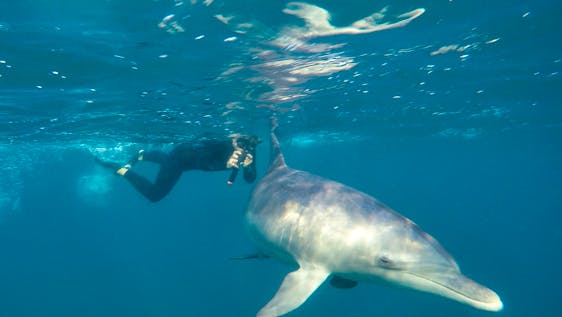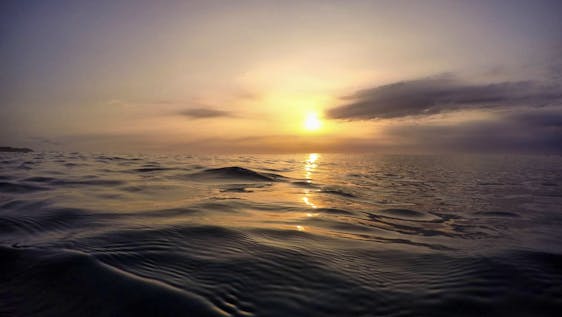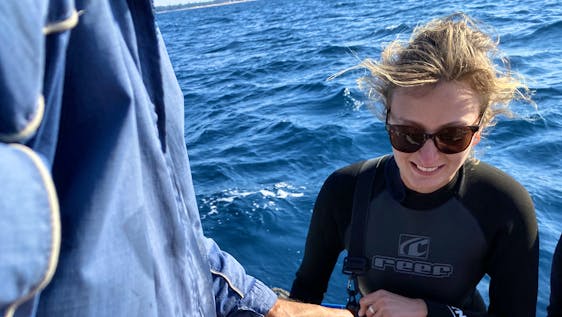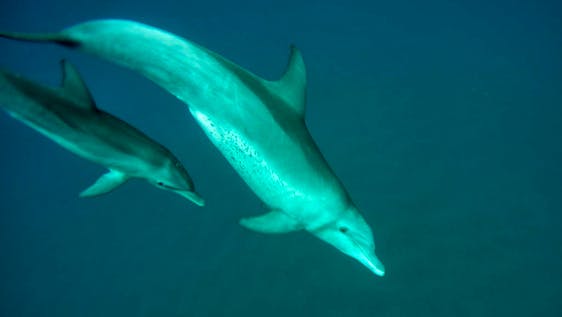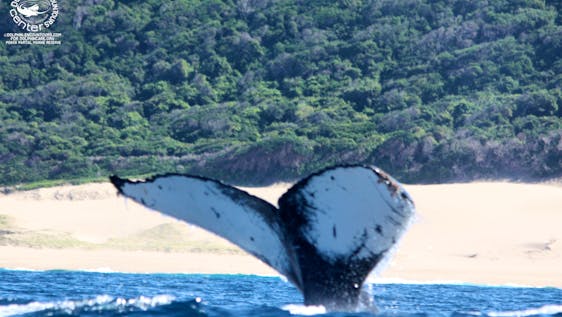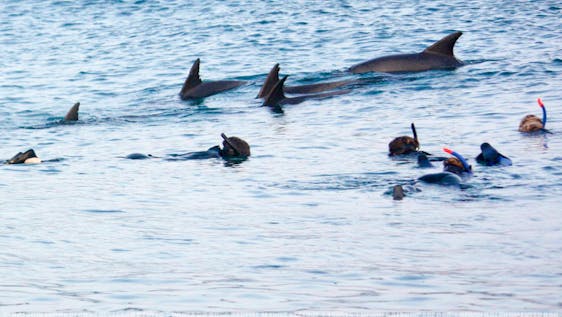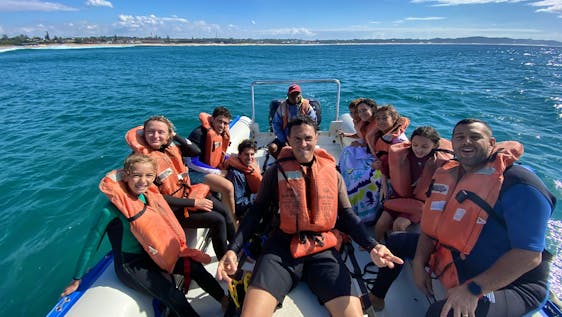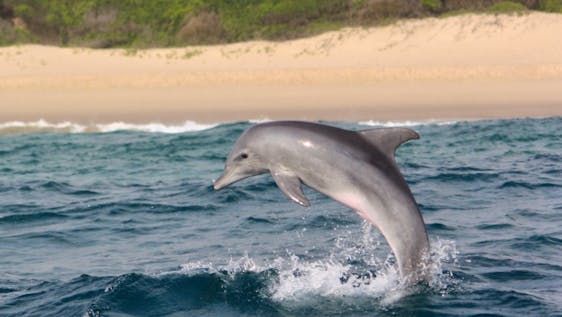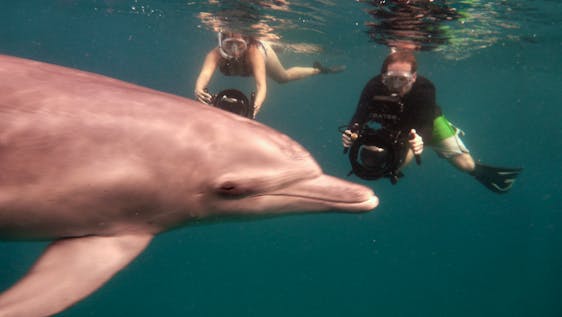Shark Conservation Volunteer
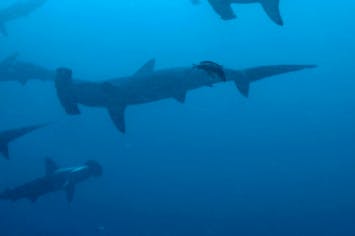
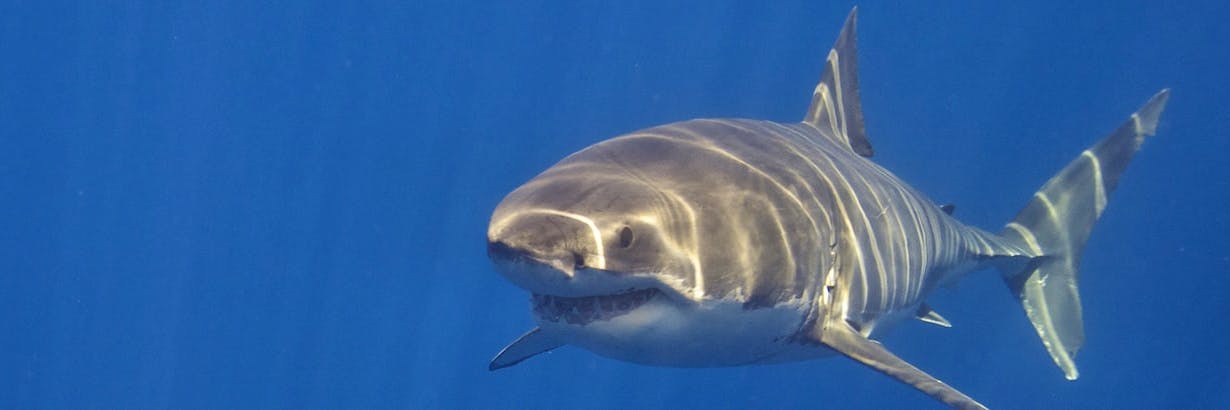
Volunteer Work for Shark Conservation
What is the first thing that comes to your mind when you think of shark conservation? Is it the image of a ruthless, bloodthirsty predator that’s preying on innocent swimmers? Or do you think of an intelligent sea dweller that is facing the risk of extinction? If the first depiction resonated with you, we will share some information that will hopefully clarify the misconception about these fascinating animals. No matter on what side of the spectrum your current conception of sharks is after you’re done reading this article you will have enough facts to acknowledge the necessity to help conserve these majestic sea animals.
Even though there are 470 known shark species, the most common image that pops up in people’s heads is the one of the respected and feared Great White Shark. One of the reasons is the image created by the media. Due to singular fatal events, newspapers, novels, and Hollywood movies like “Jaws” have embedded the portrayal of a ferocious man-eating beast. It is true that most unprovoked attacks on humans have been done by the Great White.
When you look at the odds of who’s at more risk of being killed, sharks face more threats by humans than the other way around. In the following article, you will be presented with facts that will make you realize how minimal the chances of a shark attack are, in comparison to how severe the threats to sharks are. You will find shark conservation destinations and a list of exciting tasks if you decide to volunteer with sharks.
🦈 Why Volunteer for Shark Conservation?
According to the oldest environmental organization, the IUCN Red List of Threatened Species declared that one-quarter of all sharks are threatened with extinction. This alarming fact underlines the necessity to become active in shark protection as a crucial part of marine conservation. There are various reasons why many shark varieties are on the verge of extinction but most of them are man-made. The demise of sharks has been impacted by direct human interaction like fisheries and trophy hunting but also due to negligent environmental approaches that lead to a destruction of our marine environment.
🔎 Why are Sharks Endangered?
Historically speaking, humans have always been fascinated by animals, especially wild beasts. The more extreme the animal’s appearance is, the bigger the craze for the specific animal. This fascination can either be positive or take on a mythical dimension where some animals are worshipped and treated as deities.
Humans
There can be a logical fear, carried on from our primal days when humans were still part of the natural food chain. With sharks, it is a mix of both. As many sharks are apex predators, meaning that they do not have any natural enemies except the odd orca, humans are the sole threat to them.
Due to evolution and technical advancement, humans have escaped the cycle of nature’s food chain. This makes stories of humans being killed by wild animals so shocking. When human-animal interactions lead to attacks on humans, it's because humans step outside their natural environments and enter the wilderness. Although almost everyone enjoys being at the seaside, you have to be aware that entering the ocean is setting foot in the wilderness! In the last five years, shark attacks have slightly increased, which can be explained by the rapid increase in the human population.
Slow Reproduction Rate
In contrast to rising numbers of people, many shark populations are drastically decreasing, and reversing this trend is extremely challenging. Sharks reproduce slowly in comparison to other fish. Year-long pregnancies and a slow sexual maturation process is why increasing the shark population is so challenging and why shark conservation is so important today.
Hunting
For centuries sharks have been hunted for various reasons. Some have hunted them for their jaws and teeth, others because they are valued as local delicacies. Trophy hunting can especially be linked to the most famous specimen, the Great White Shark. The species is now regarded as vulnerable, due to activities like sports hunting, poaching or killings out of fear.
Fisheries and Finning Practices
Fisheries and finning practices represent a huge threat to shark populations. In many countries, especially in Asia, shark fins are seen as true culinary delicacies. The method, by which the fins get cut-off, is very cruel as sharks are often still alive when their fins are being detached. Because fins are the most valuable parts, the mutilated sharks are thrown back into the water where they cannot successfully move and sink to the ground where they either die of suffocation or get eaten by other predators. Estimates on how many sharks get finned per year vary but are anywhere between 50 and 100 million.
Unintentional bycatch also has a severe impact on various shark populations. If you also take into account the pollution of the marine environment, the future outlook for sharks isn't bright. As most sharks are apex predators their role in population control is crucial. They help to maintain the order of the natural food chain and sort out other weak and sick marine dwellers which is an indicator of ocean health.
🦈 What Shark Species are There?
There are over 400 shark species. Therefore we will only focus on the most threatened ones according to the IUCN and also protected by the Convention on International Trade in Endangered Species (CITES).
Whale Shark
Starting off with the biggest specimen, the Whale Shark is the biggest living fish and can reach a maximum length of 40 feet and weigh more than 20 tons. These magnificent animals have a very long lifespan and often reach 100 years or older. Whale Sharks are listed as vulnerable and populations are decreasing at an alarming rate. In contrast to the frightening image of most sharks, the Whale shark is completely harmless to humans. Even though they are carnivorous and apex predators, these gentle giants only feed on plankton and small fish.
The whale shark is often fished illegally and its fins used for shark soup. In addition, tourism is placing a lot of stress on this population. In the last years, touristic excursions have increased having a negative impact on the ecosystem.
Basking Shark
The second species is the second-largest living fish after the Whale Shark, the Basking Shark. Just like their bigger cousins, these sharks are not dangerous to humans and also feed on plankton. Their most impressive feature is their mouth, which can open up to 3 feet. Although they have hundreds of small teeth, just like the Whale Shark, they do not make use of them while feeding. The food just gets filtered through their gills while they swim with an open mouth. Over the last decades, its population has severely declined and the species is threatened due to overfishing. This is why many countries have put bans on commercial fishing of the Basking Shark, in order to revitalize their population status.
Hammerhead Shark
Another endangered species is the Hammerhead shark. Have you ever asked yourself why their heads are shaped that way? Well, it is to give them better vision. Usually, sharks only use their pair of eyes individually but hammerhead sharks use their eyes simultaneously, which puts them at an advantage while hunting and also alarms them of bigger predators. The distance between their eyes allows them to have 360 vision, meaning that they can see in all directions at all times.
The head shape is not the only fascinating thing about these sharks though. Unlike the majority of sharks, hammerhead sharks do not lay eggs but give birth to their offspring, called pups. Depending on the size of the species, larger hammerheads have longer pregnancies and carry more pups. Great hammerheads can carry up to 55 pups. Moreover, it is not uncommon to see social interactions between hammerhead sharks. Most sharks tend to live solitary lives but hammerheads can be seen in groups, called schools, of up to 100 sharks. Interestingly, these schools are mostly segregated by sex.
Now that you have learned a bit more about some of the most endangered shark species, here is an overview of all the types of sharks you can likely encounter during a volunteer project:
🌍 Best Places to Volunteer for Shark Conservation
Due to the variety of species and the wide-range that sharks populate, your volunteer opportunities for shark volunteer programs are very diverse. Sharks can be found in warm and cold waters, and sometimes even in rivers, like the Ganges Shark. Your volunteering journey will very likely take place in a sun-flooded destination. You will experience a breathtaking destination and see marine wildlife while contributing to a great cause.
You will have the choice to volunteer in Africa, South America, or Southeast Asia. Countries like South Africa and Costa Rica will not only let you experience sharks within close proximity but are also amongst the most biodiverse countries in the world. If you choose a destination in Africa like Tanzania, Mozambique or South Africa for shark conservation, combine it with a safari and experience Africa's spectacular wildlife. On your off days, go to a National Park and see the Big Five Lions, Rhinos, Giraffes, Cheetahs and Elephants from up close.
If you would prefer a trip to Latin America, Belize and Costa Rica will offer you some of the largest varieties of wildlife apart from the sharks and other marine life. Next to exotic animals like sloths, capuchin monkeys and toucans, you can indulge in Latin America’s delicious cuisine. If you would like to take it somewhere more secluded and peaceful, without giving up on good food, two of the most beautiful Islands that our planet has to offer could be your next choice. The Gili Islands and Seychelles will offer you magnificent beaches, spectacular sea life and very hospitable people, that will make your shark conservation work even more memorable.
🤔 How Can I Volunteer for Shark Conservation?
The kind of work that you will be doing as a shark conservation volunteer depends on the project that you decide to sign up for. You can find detailed information about the tasks in each program on the program pages and contact the program coordinator for additional questions. In the following, we will give you an overview of all the different tasks you can expect to be doing when you join a shark conservation project.
🥽 What Will I Do as a Shark Conservation Volunteer?
Let’s get one thing out of the way: you should keep in mind that conservation work is not a walk in the park! Volunteering with sharks will require you to have a decent level of physical fitness and you will be walking a lot on the beaches, conducting fieldwork like observations, and beach cleanups. Remember that even if it sounds fun, it can be quite challenging, due to very warm temperatures and strong sunlight. Although the work can be hard, it will not be monotonous. You will pursue a variety of interesting activities and be able to fully emerge in the fascinating marine life. A lot of your daily activities will consist of qualitative and quantitative research. Here are some of the tasks that will await you at your shark conservation charity or project:
- Shark Cage Diving - you will be instructed on how to enter and exit the cages, as well as how to behave. Even though sharks are rather shy animals, it is vital to not provoke the animals and cause danger to yourself and others.
- Photography and Video - you will learn how to take pictures and videos above and below water to collect valuable data about shark populations.
- Quality of the Oceans - you will observe and clean coral reefs and the beaches in order to maintain the ocean's health, which is vital for all living organisms.
Next to direct interaction with marine life you will also give workshops, educate children and collaborate with local communities in order to establish a better mutual understanding. In the long run, this will help to create a sustainable synergy between humans and nature.
🎁 5 Benefits of Volunteering for Shark Conservation
A Once-in-a-Lifetime Experience
Seeing sharks in their natural habitat is a once-in-a-lifetime experience that you will never forget. That alone is reason enough for many people to pack their bags and volunteer with sharks. But apart from that, there are plenty of other reasons why this kind of volunteer work could be the right choice for you.
Learning Opportunity
If you are interested in studying marine biology, you will gain hands-on experience and get the first insight into the daily work of trained marine preservationists and biologists. This will certainly come in handy at a later point in your career. Being able to list this kind of work experience on your CV is another bonus, even if you are not planning on pursuing a career in this field. It shows that you are capable of physically hard and hands-on work and that you are motivated to volunteer your free-time to a meaningful cause.
Broaden you Horizons
Furthermore, you will improve your language skills while working on site as the main language spoken is English or practice your Spanish skills if you volunteer in Latin America. Immersing yourself in a foreign culture and living abroad will definitely make you grow as a person and give you a different perspective.
Have Fun!
And let’s not forget that the time you spend as a shark conservation volunteer will also be incredibly fun! You will get to enjoy all the perks of living in pure nature, like seeing wild animals from up close, getting back to your roots, and facing new challenges.
Meet New People
The best part is that you will be surrounded by like-minded individuals that share your passion for shark protection and marine conservation. After working and living together for a while, these people might even become your close friends!
If you think that joining a shark conservation project as a volunteer is just what you were looking for, then go ahead and get started right now! We would love to help you find the right project for you!
 Activities
Activities
 Waste Reduction
Waste Reduction
 Diving
Diving
 Diving certificate
Diving certificate
 Coral Reef
Coral Reef
 Ocean Cleaning
Ocean Cleaning
 Whale Shark
Whale Shark
 Animal
Animal
 Marine Life
Marine Life
 Americas
Americas
 Central America
Central America
 Belize
Belize
 Vegan
Vegan
 PADI Divemaster
PADI Divemaster
 Ray Conservation
Ray Conservation
 Volleyball
Volleyball
 Sea Turtle Conservation
Sea Turtle Conservation
 Dolphin Conservation
Dolphin Conservation
 Whale Conservation
Whale Conservation
 Environment
Environment
 Marine Conservation
Marine Conservation
 Green Sea Turtle
Green Sea Turtle
 Africa
Africa
 Bottlenose Dolphin
Bottlenose Dolphin
 Manatee Conservation
Manatee Conservation
 Premium
Premium
 Manta Ray
Manta Ray
 Humpback Whale
Humpback Whale
 Whitetip Reef Shark
Whitetip Reef Shark
 Yoga
Yoga
 Southern Africa
Southern Africa
 South Africa
South Africa
 Plastic Reduction
Plastic Reduction
 Great White Shark
Great White Shark
 Blacktip Reef Shark
Blacktip Reef Shark
 Hotspots
Hotspots
 Eastern Africa
Eastern Africa
 Mako Shark
Mako Shark
 Beach Cleaning
Beach Cleaning
 Southern Right Whale
Southern Right Whale
 African Penguin
African Penguin
 Common Dolphin
Common Dolphin
 Grey Reef Shark
Grey Reef Shark
 Indonesia
Indonesia
 South East Asia
South East Asia
 Asia
Asia
 Gili Islands
Gili Islands
 Hawksbill Turtle
Hawksbill Turtle
 Leatherback Turtle
Leatherback Turtle
 Seychelles
Seychelles
 Leopard Shark
Leopard Shark
 Mozambique
Mozambique
 Loggerhead Turtle
Loggerhead Turtle
 Snorkeling
Snorkeling
 National Park
National Park
 Conservation Work
Conservation Work
 Tortoise Conservation
Tortoise Conservation
 Giant Tortoise
Giant Tortoise
 Mangrove
Mangrove
 Ragged Tooth Shark
Ragged Tooth Shark
 Hammerhead Shark
Hammerhead Shark
 Shark Tagging
Shark Tagging
 Sting Ray
Sting Ray
 Thresher Shark
Thresher Shark
 Mexico
Mexico
 Sloth Sanctuary
Sloth Sanctuary
 Monkey Conservation
Monkey Conservation
 Bird Conservation
Bird Conservation
 Costa Rica
Costa Rica
 Anteater Conservation
Anteater Conservation
 Capuchin Monkey
Capuchin Monkey
 Howler Monkeys
Howler Monkeys
 Leopardus Conservation
Leopardus Conservation
 Ocelot
Ocelot
 Wildlife Conservation
Wildlife Conservation
 Parrot
Parrot
 Possum Conservation
Possum Conservation
 Surfing
Surfing
 Grenada
Grenada
 Caribbean
Caribbean
 Volunteer and Travel
Volunteer and Travel
 Voluntourism
Voluntourism
 Safari
Safari
 African Buffalo
African Buffalo
 Lion Conservation
Lion Conservation
 Southwest African Lion
Southwest African Lion
 Rhino Conservation
Rhino Conservation
 Kruger National Park
Kruger National Park
 Cheetah Conservation
Cheetah Conservation
 White Rhino
White Rhino
 Buffalo Conservation
Buffalo Conservation
 African Leopard
African Leopard
 Leopard Conservation
Leopard Conservation
 Swaziland
Swaziland
 South African Cheetah
South African Cheetah
 Olive Ridley Turtle
Olive Ridley Turtle
 Ecuador
Ecuador
 South America
South America
 Orca
Orca
 Plettenberg Bay
Plettenberg Bay
 Toucan
Toucan
 Pelagic Shark
Pelagic Shark
 Melanesia
Melanesia
 Reforestation
Reforestation
 Oceania
Oceania
 Fiji
Fiji
 Port Elizabeth
Port Elizabeth
